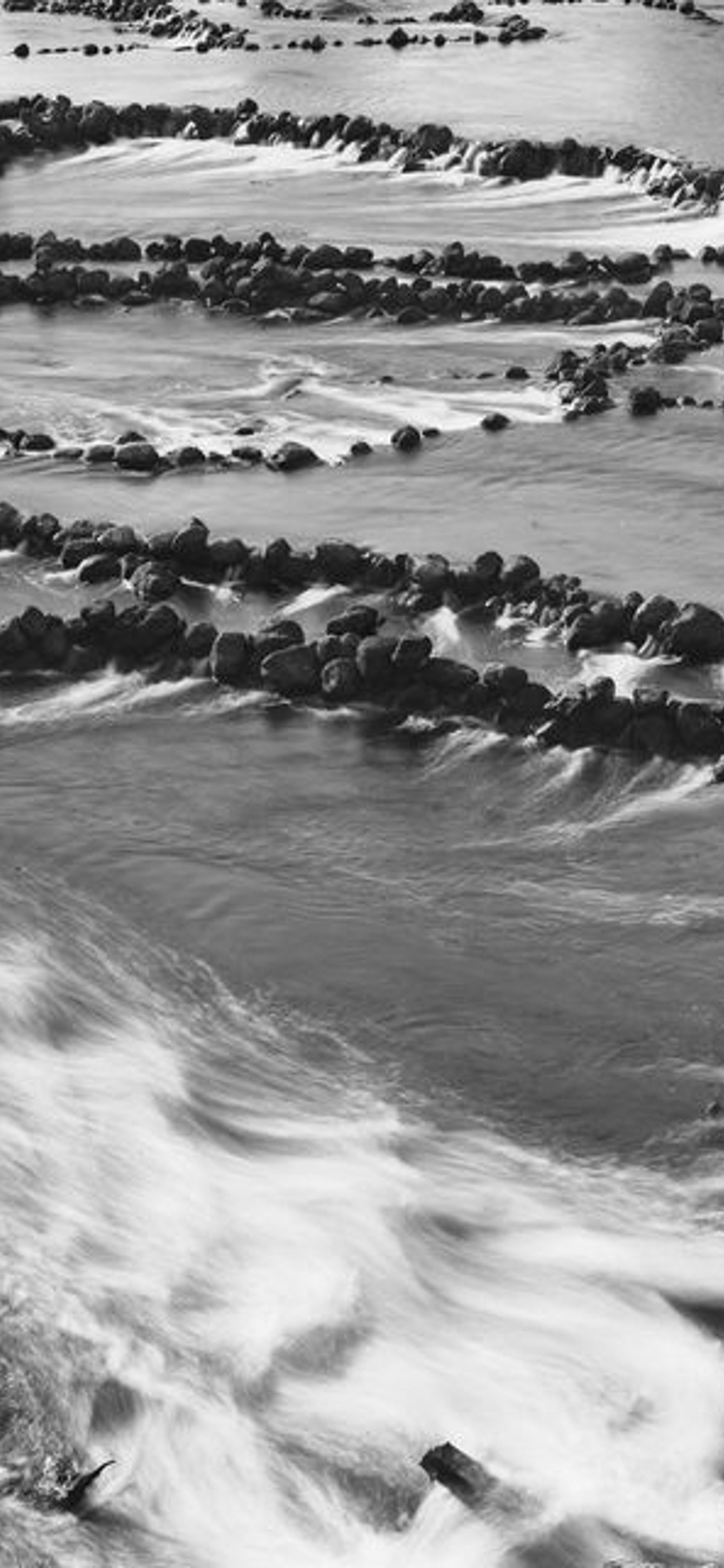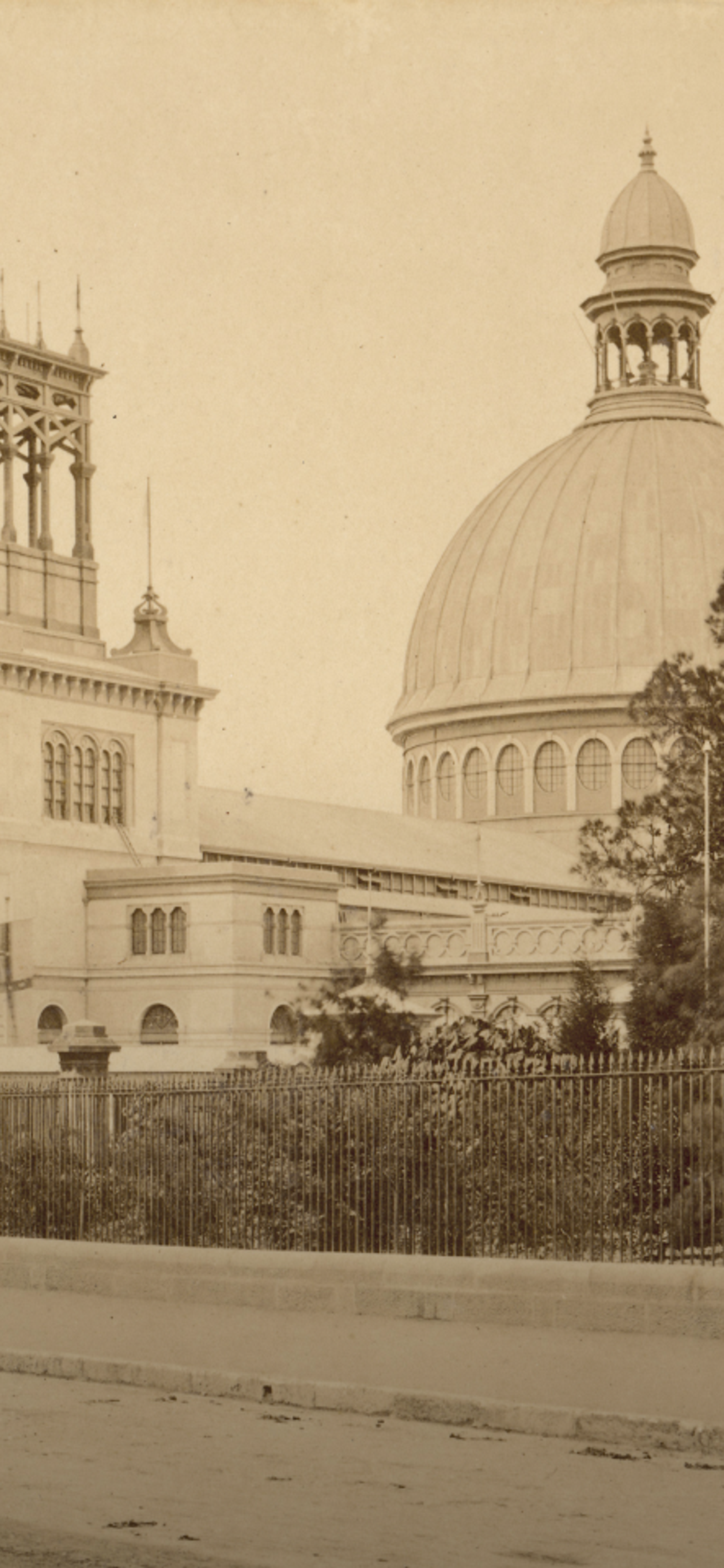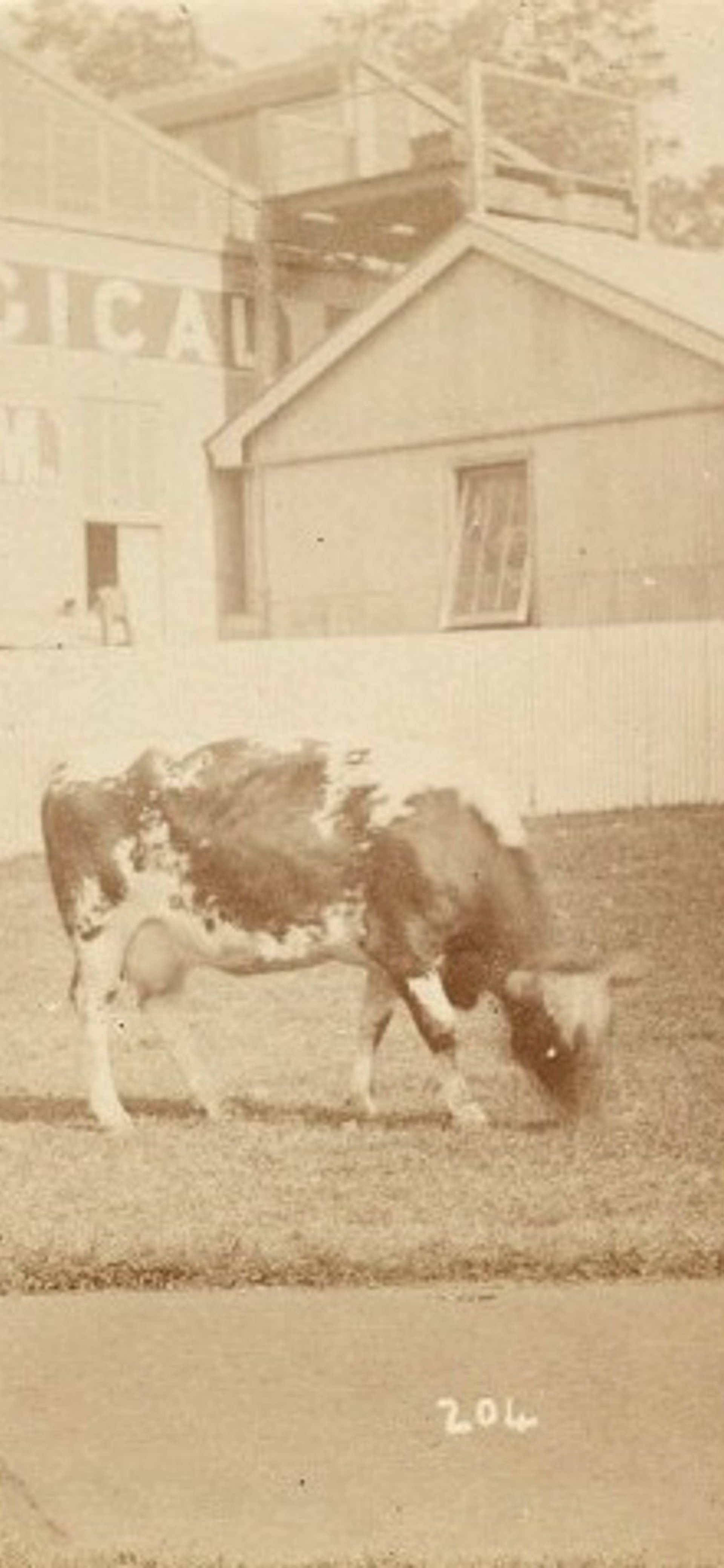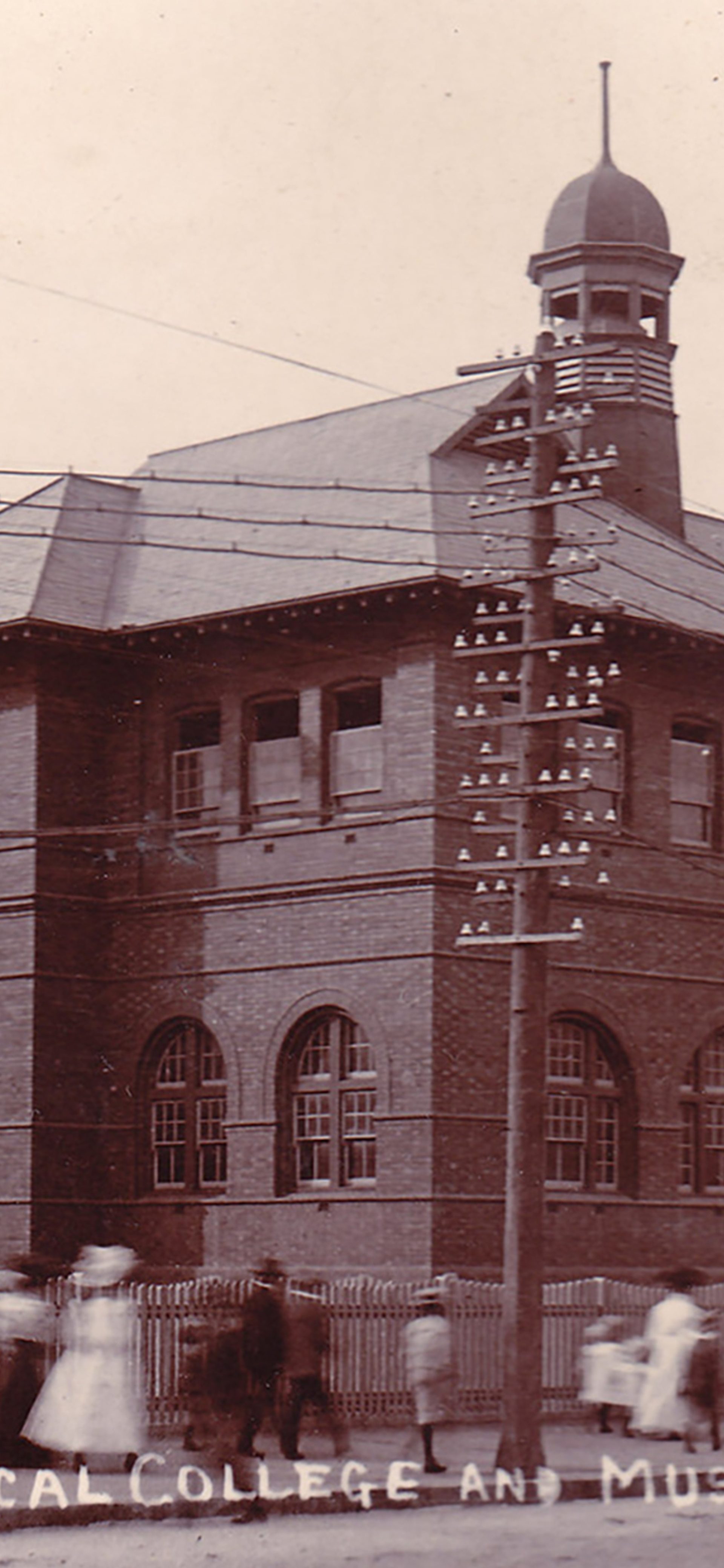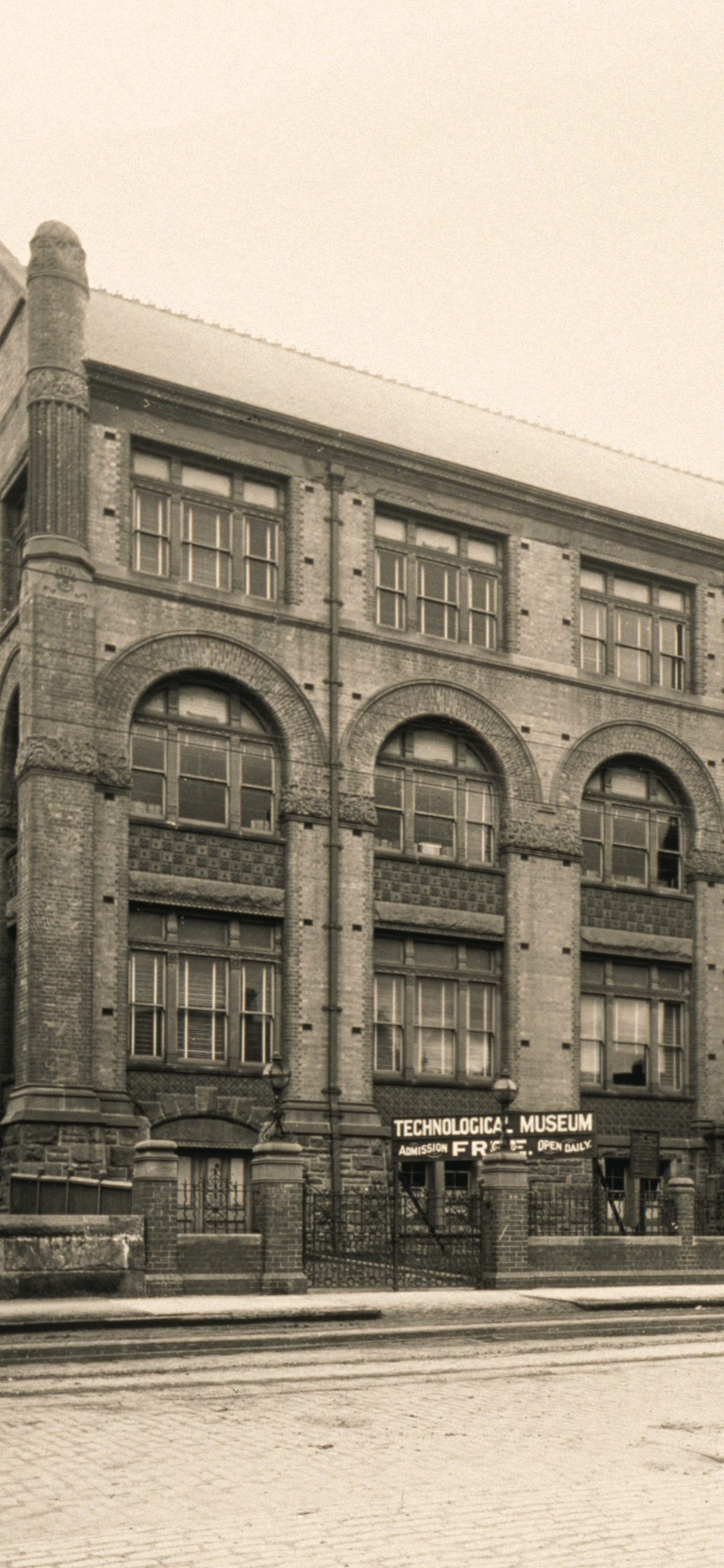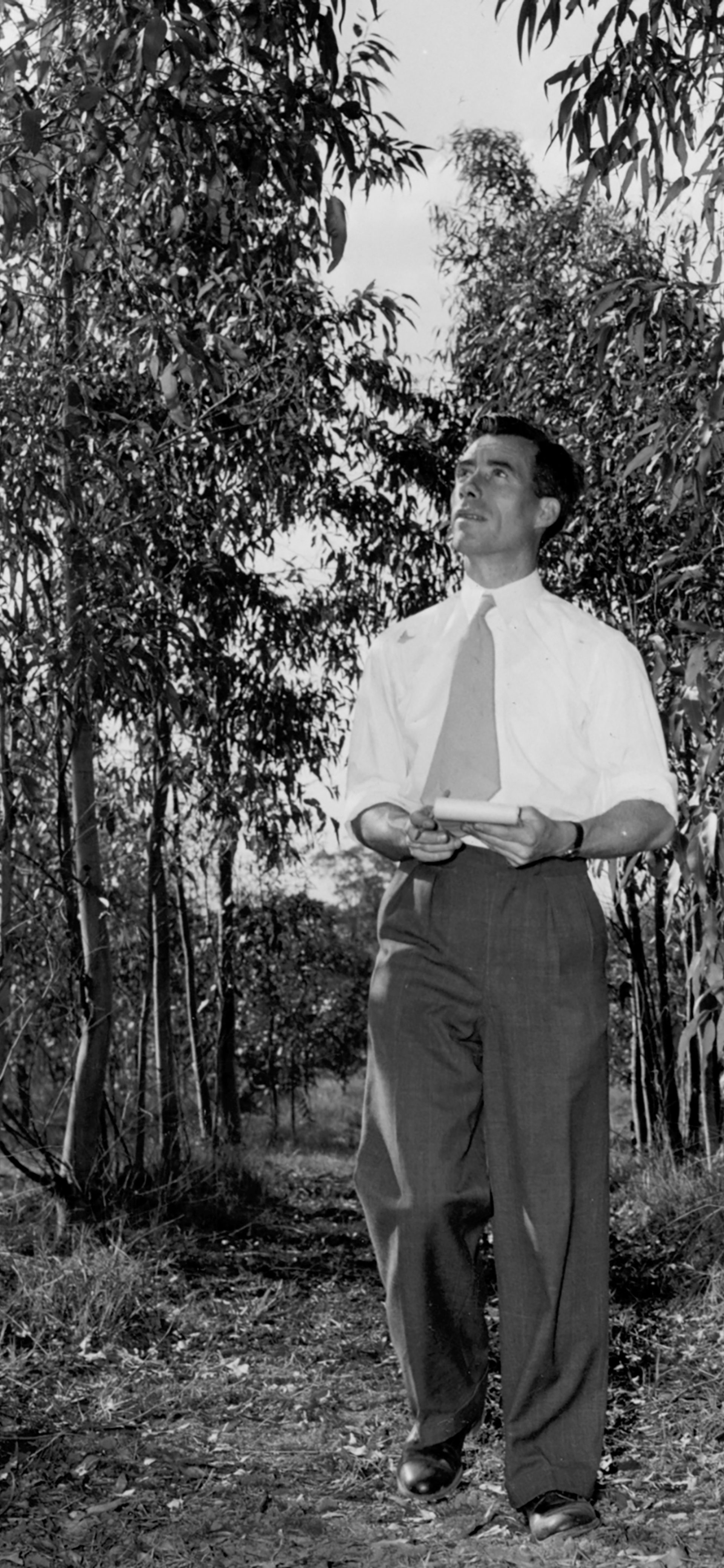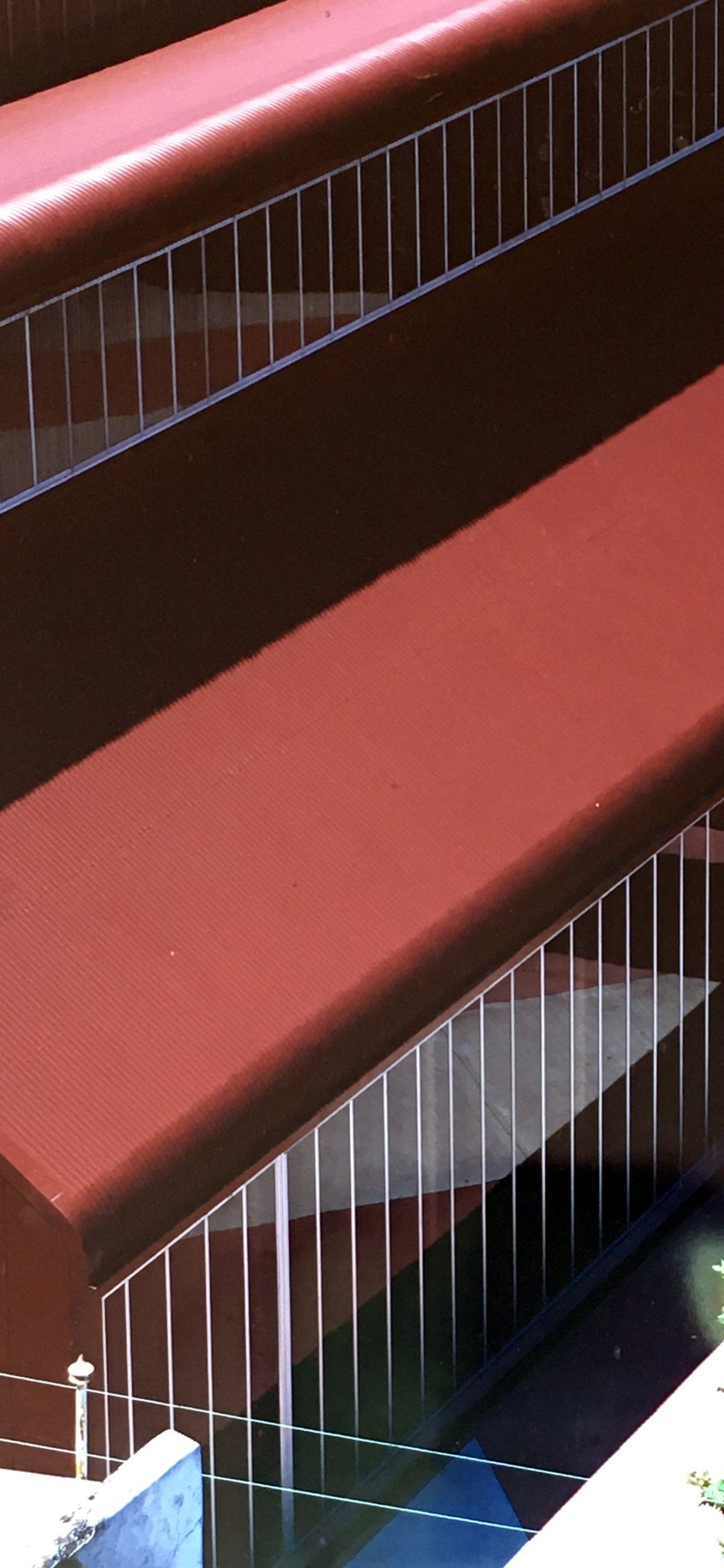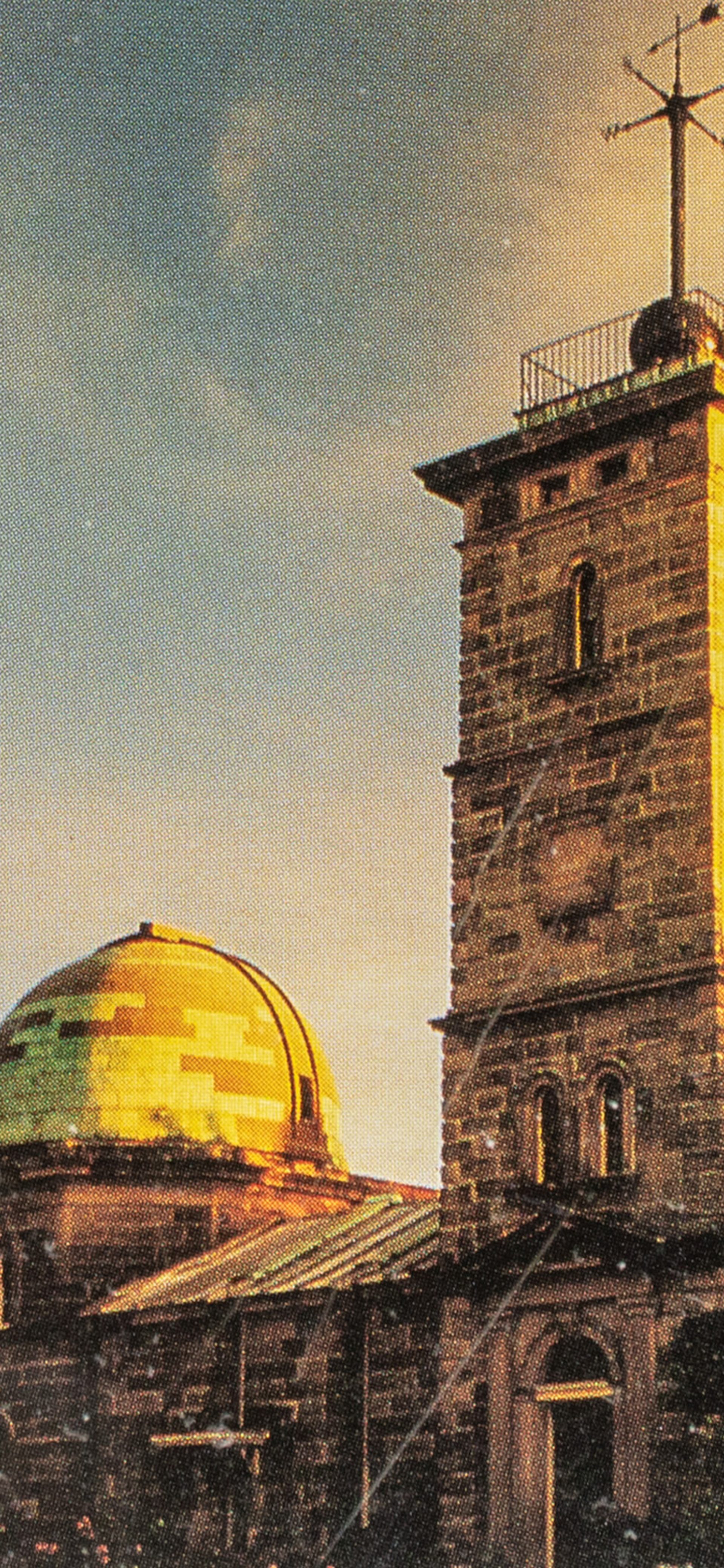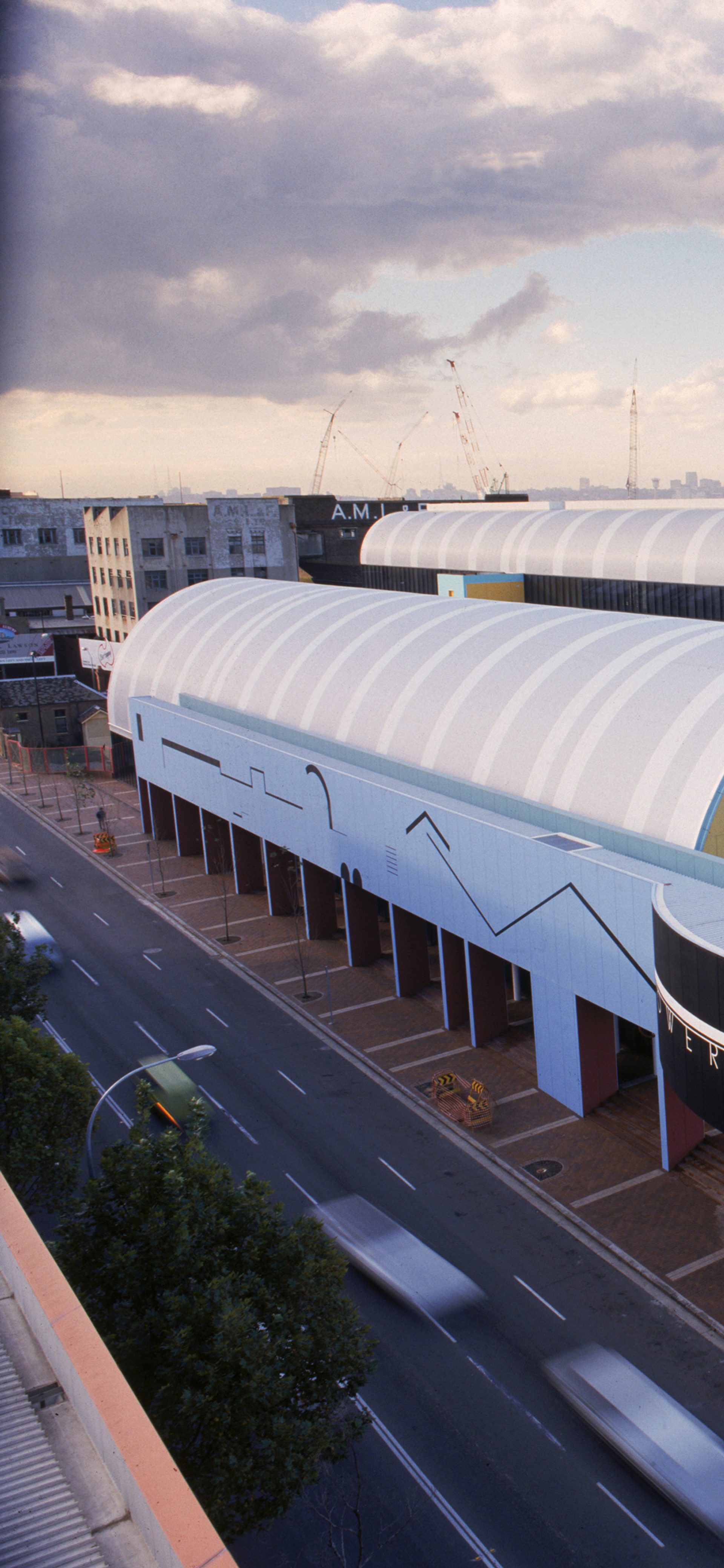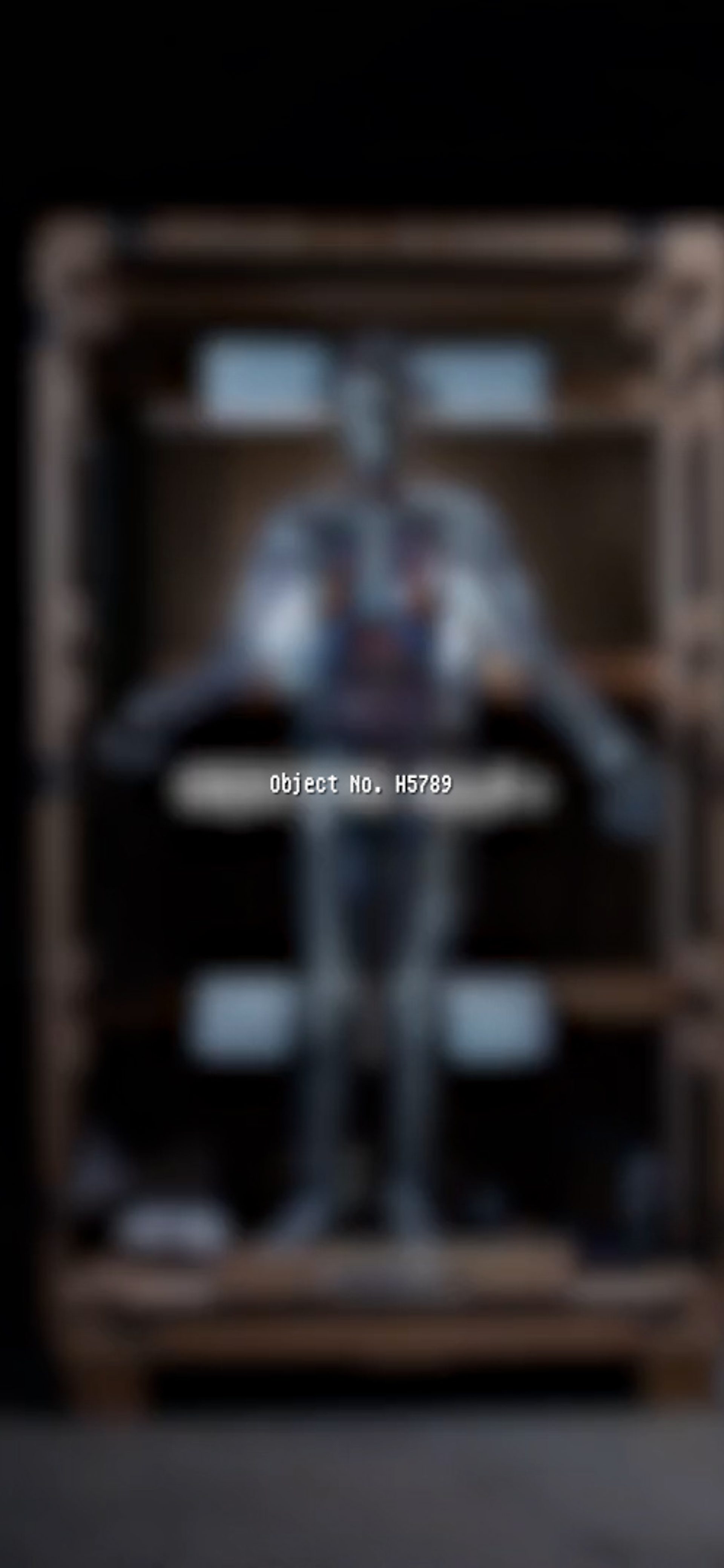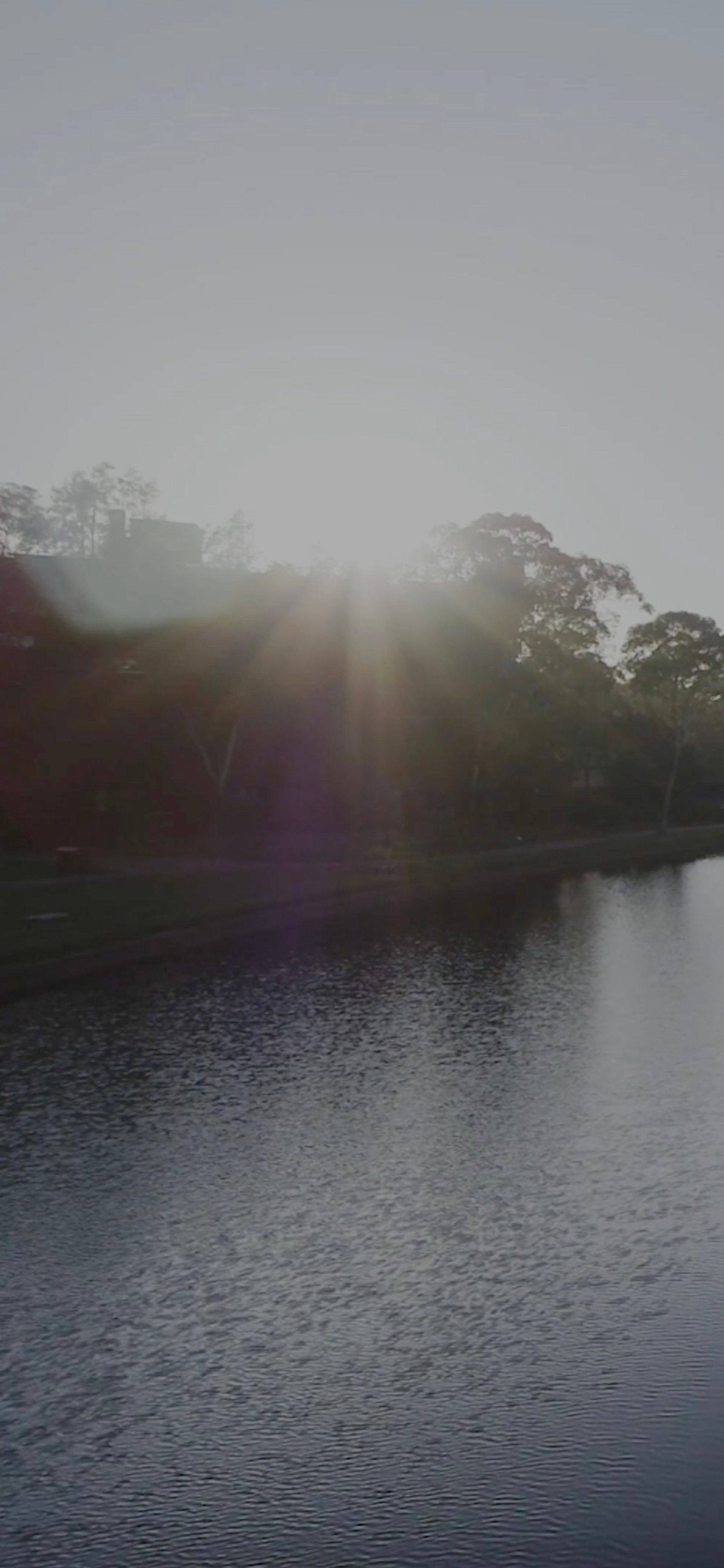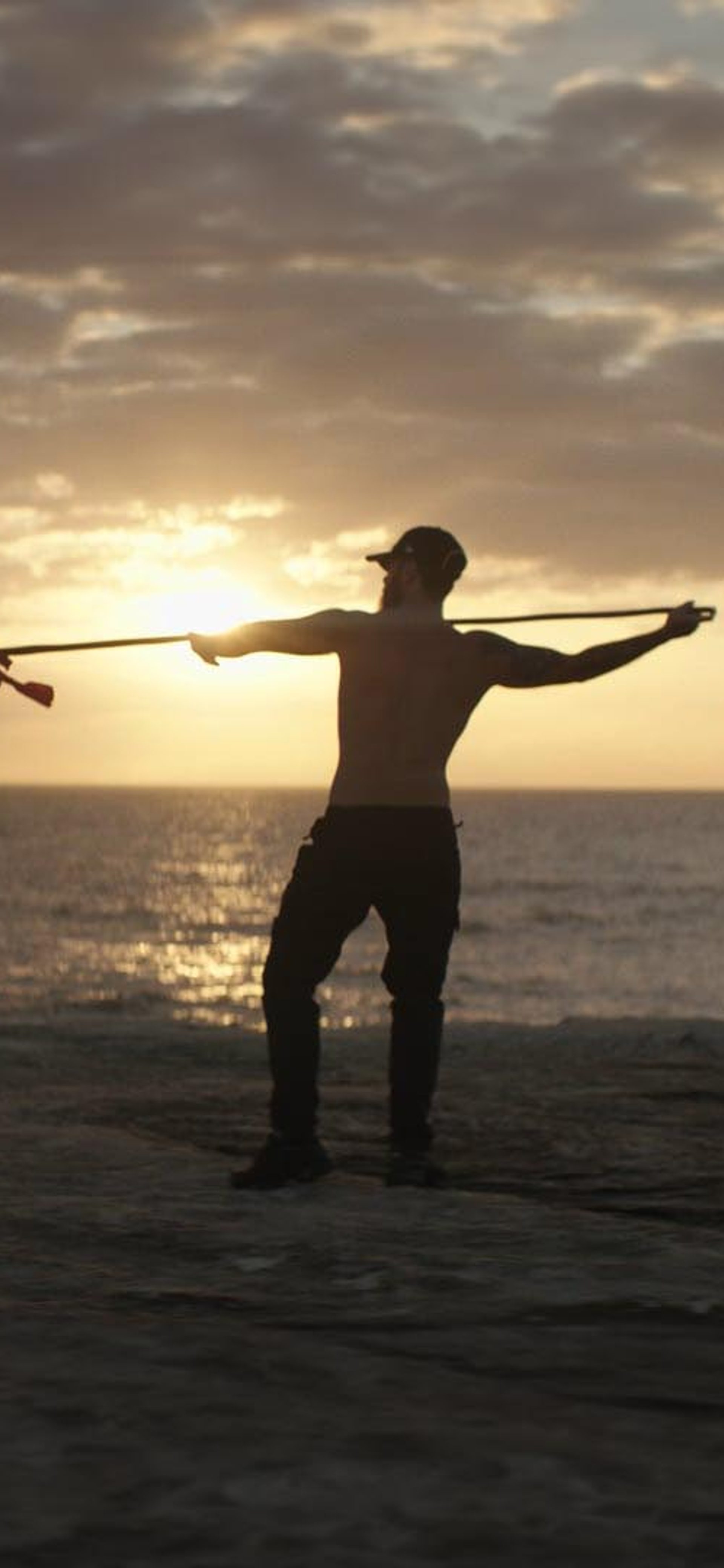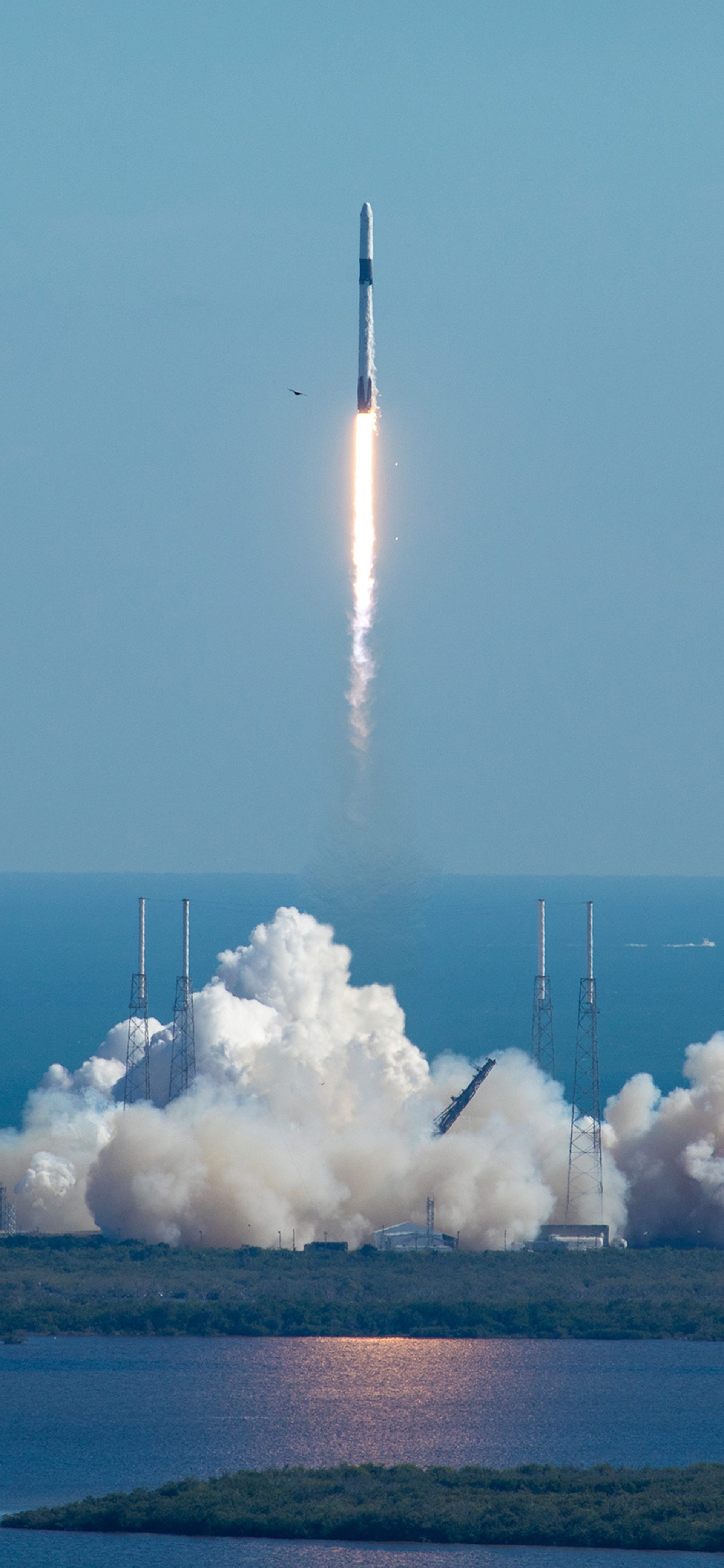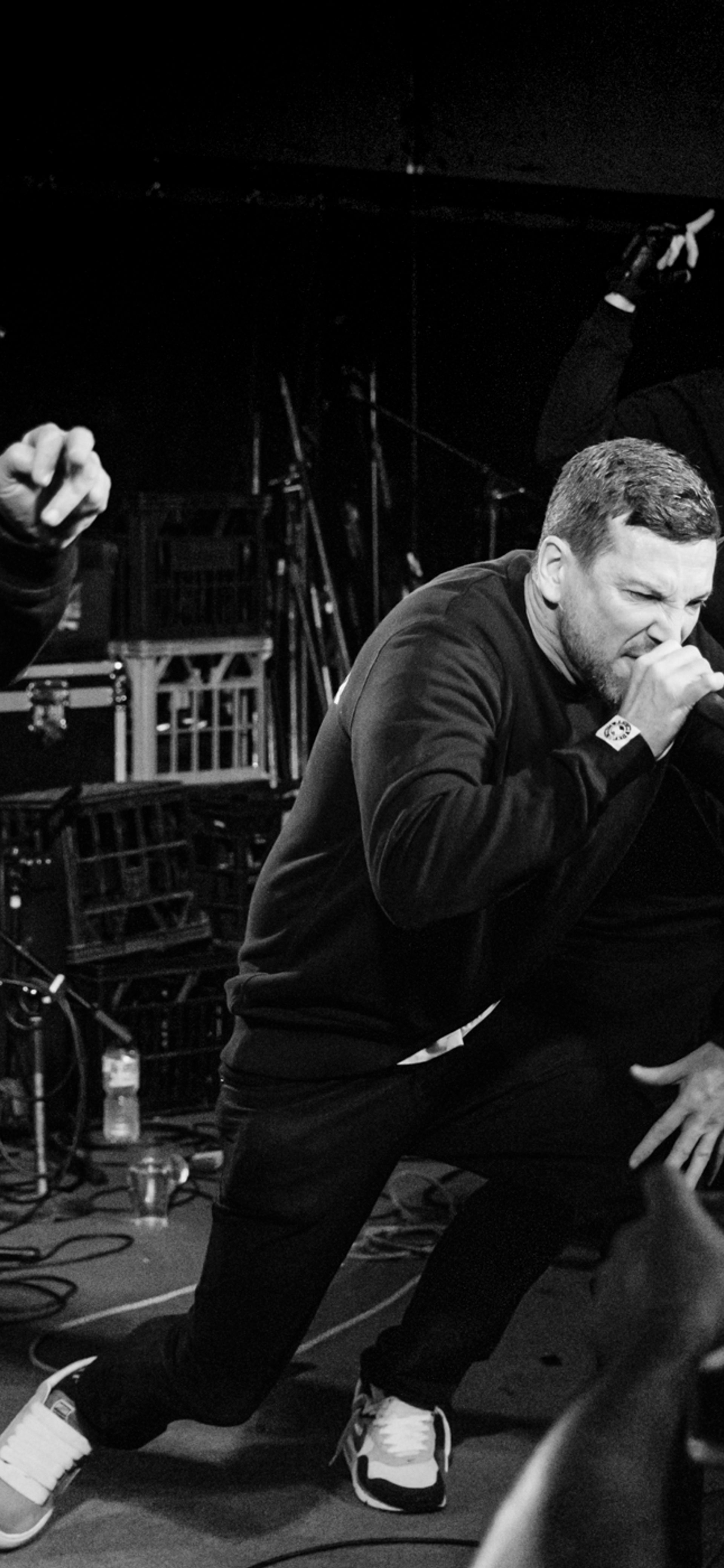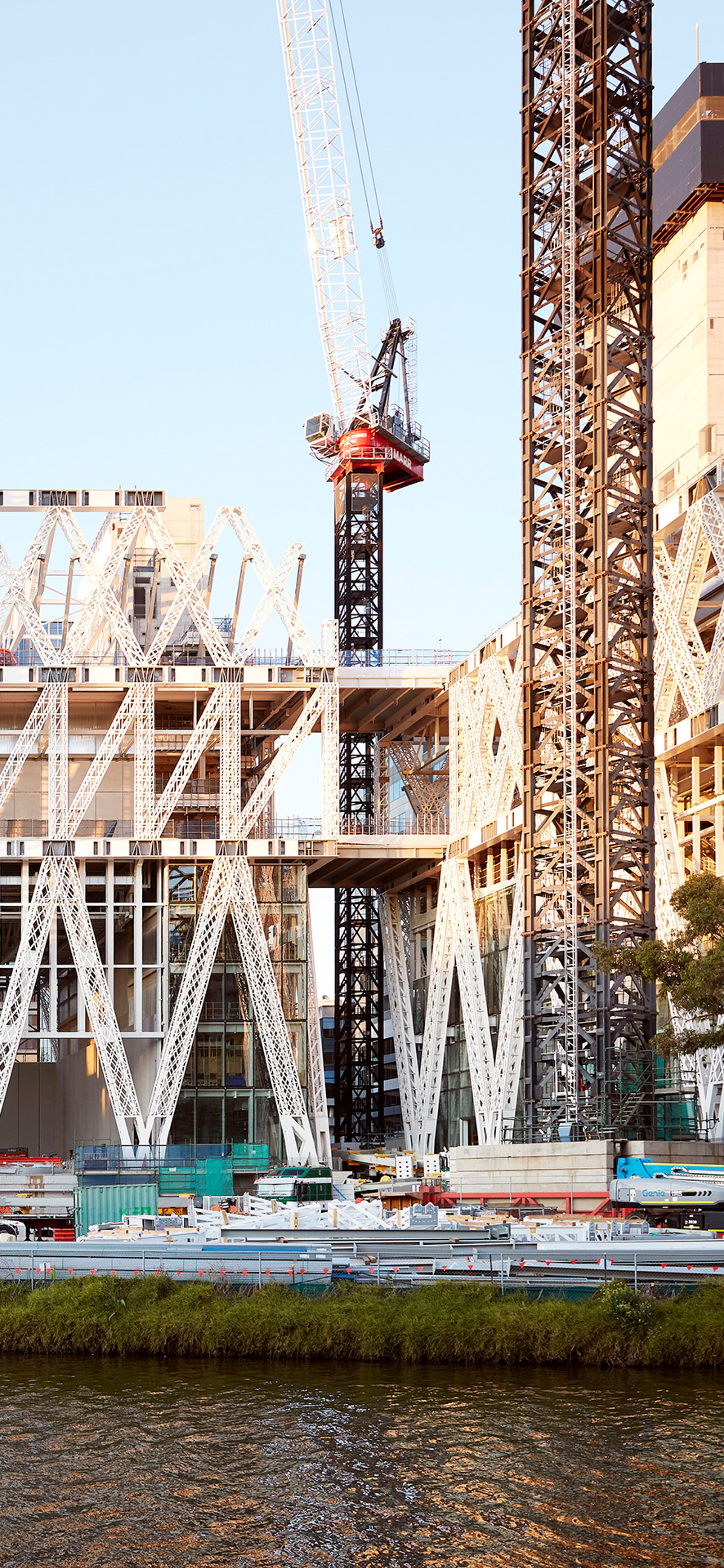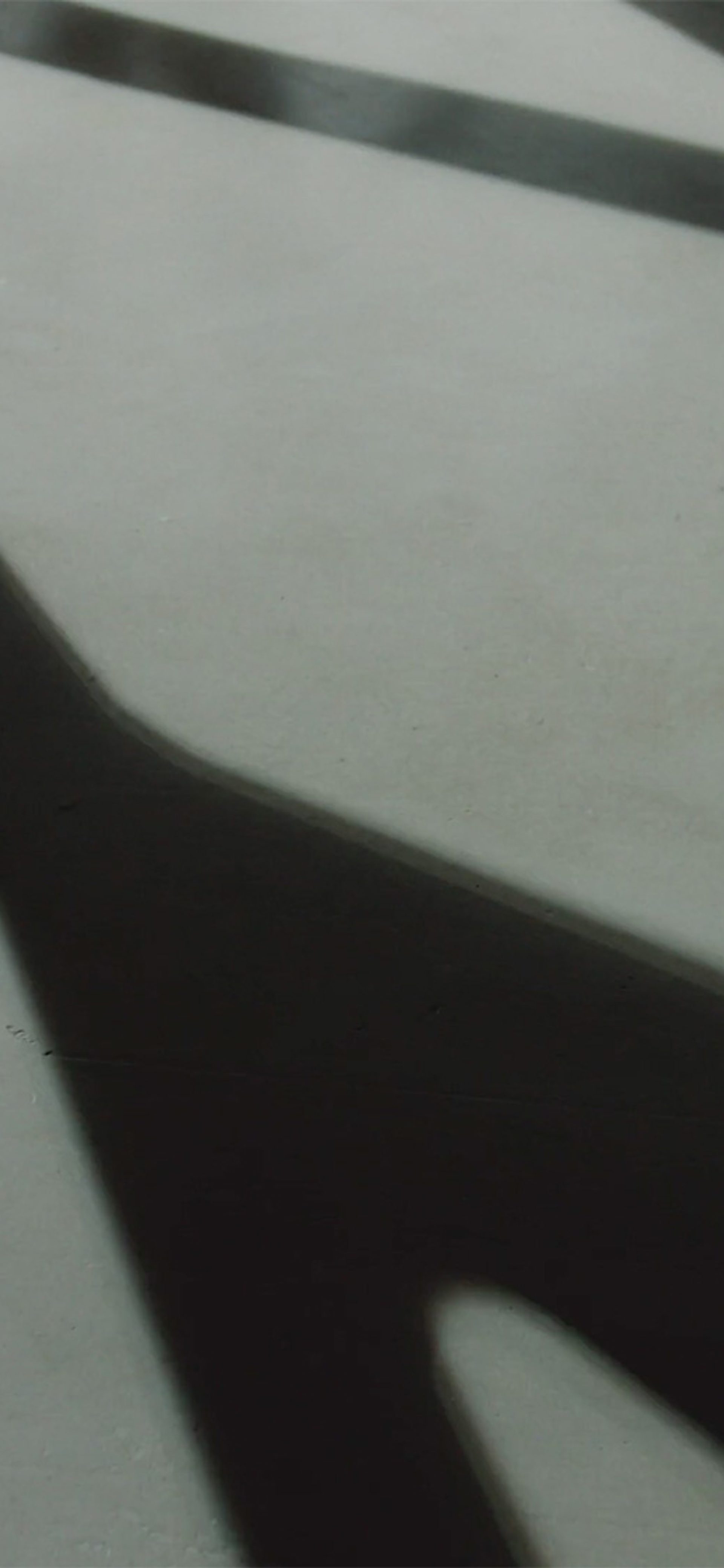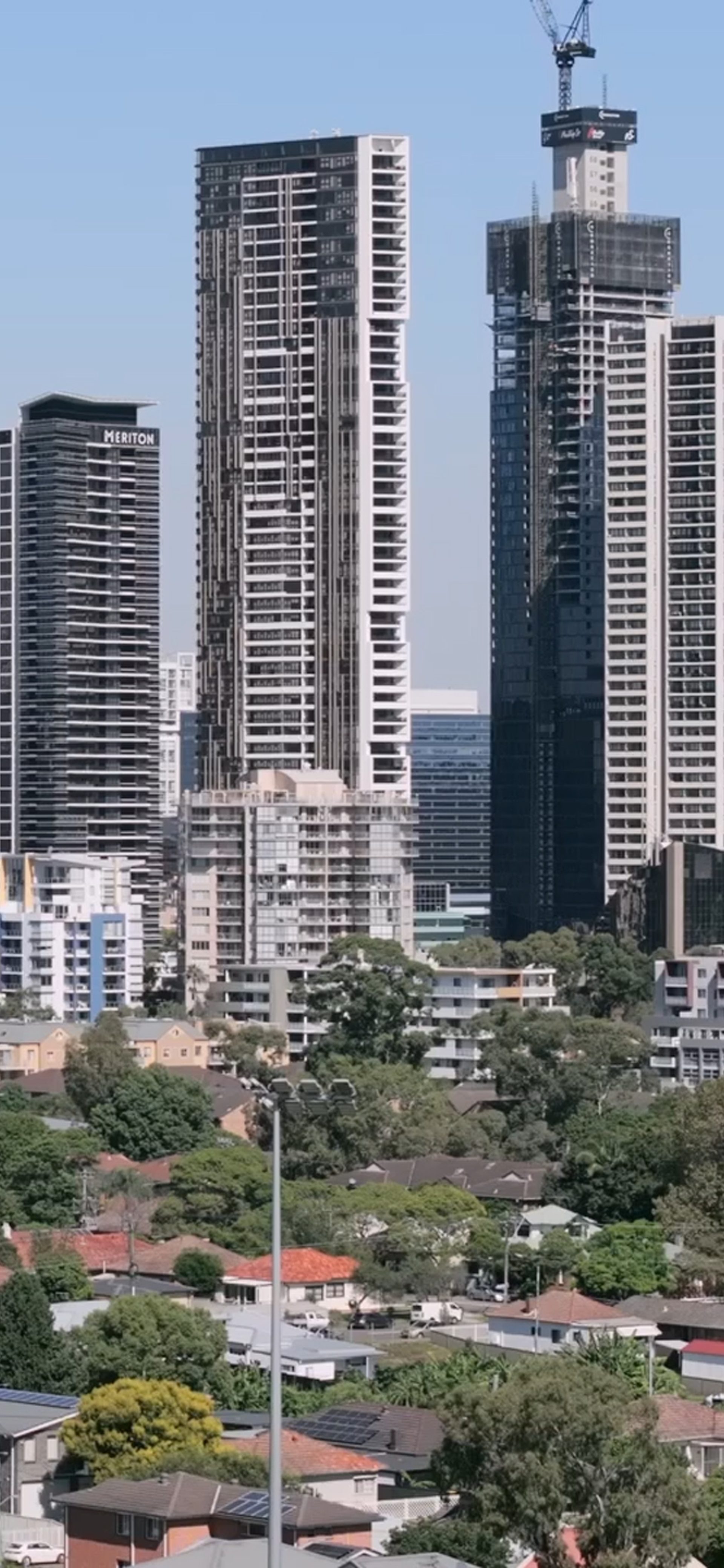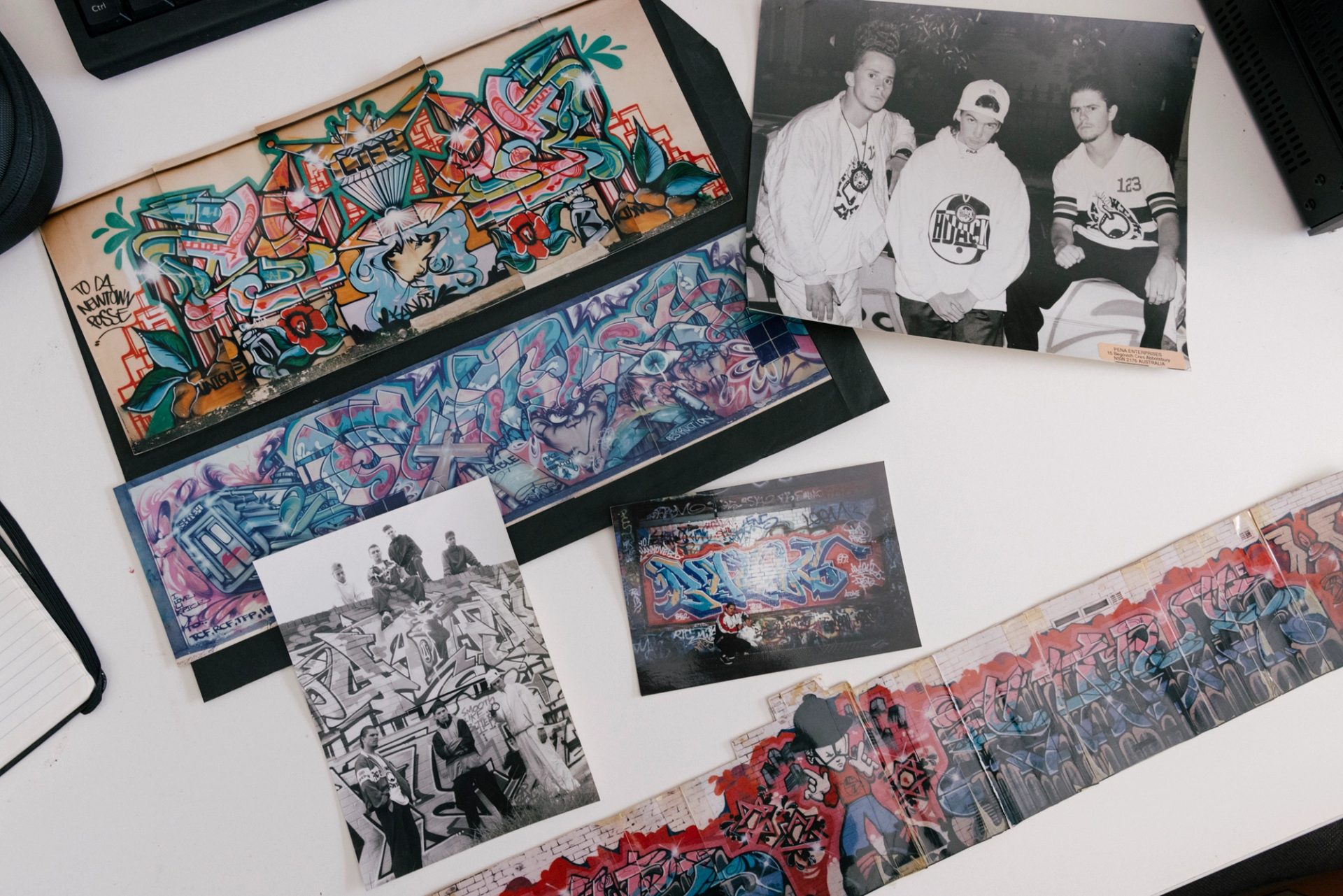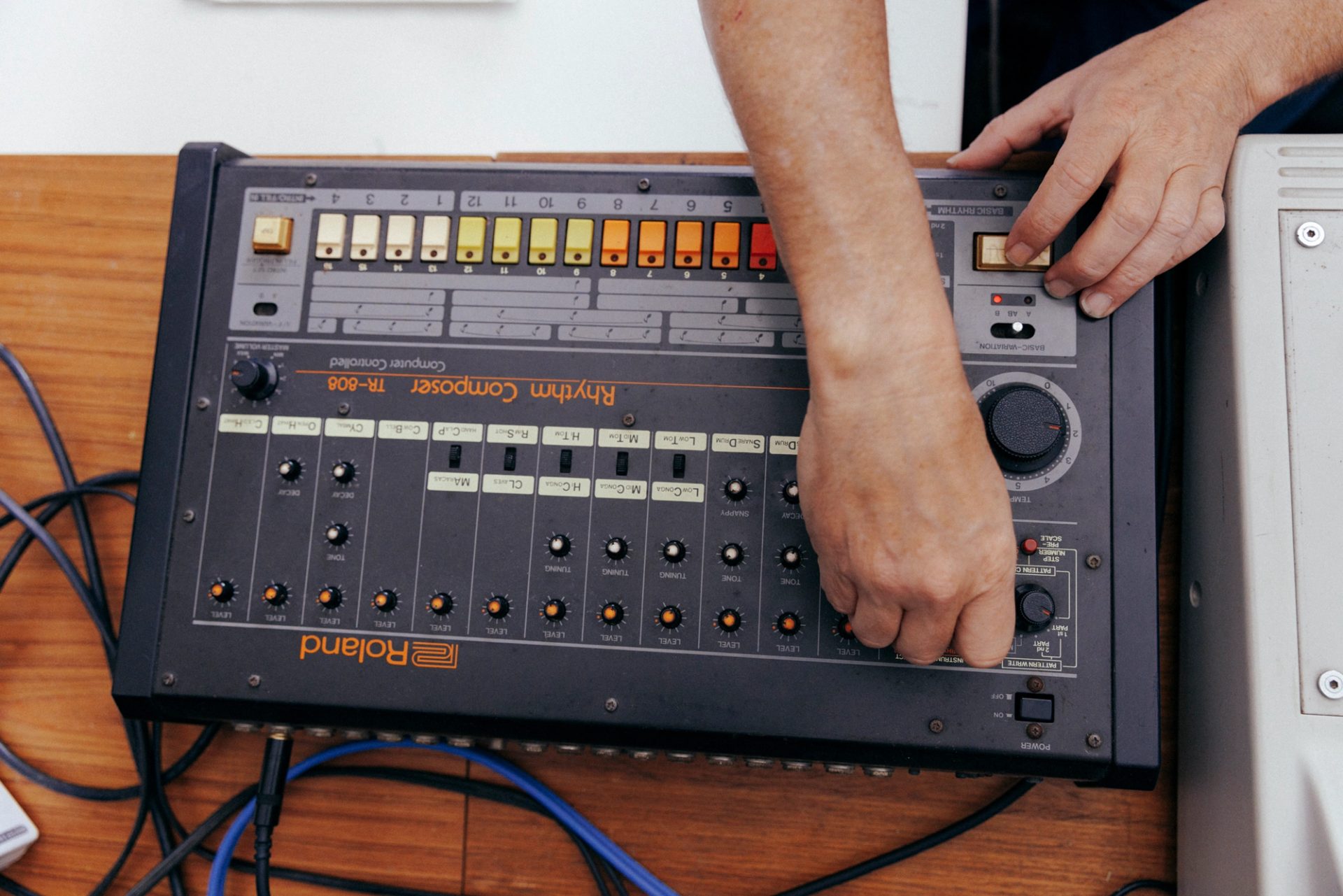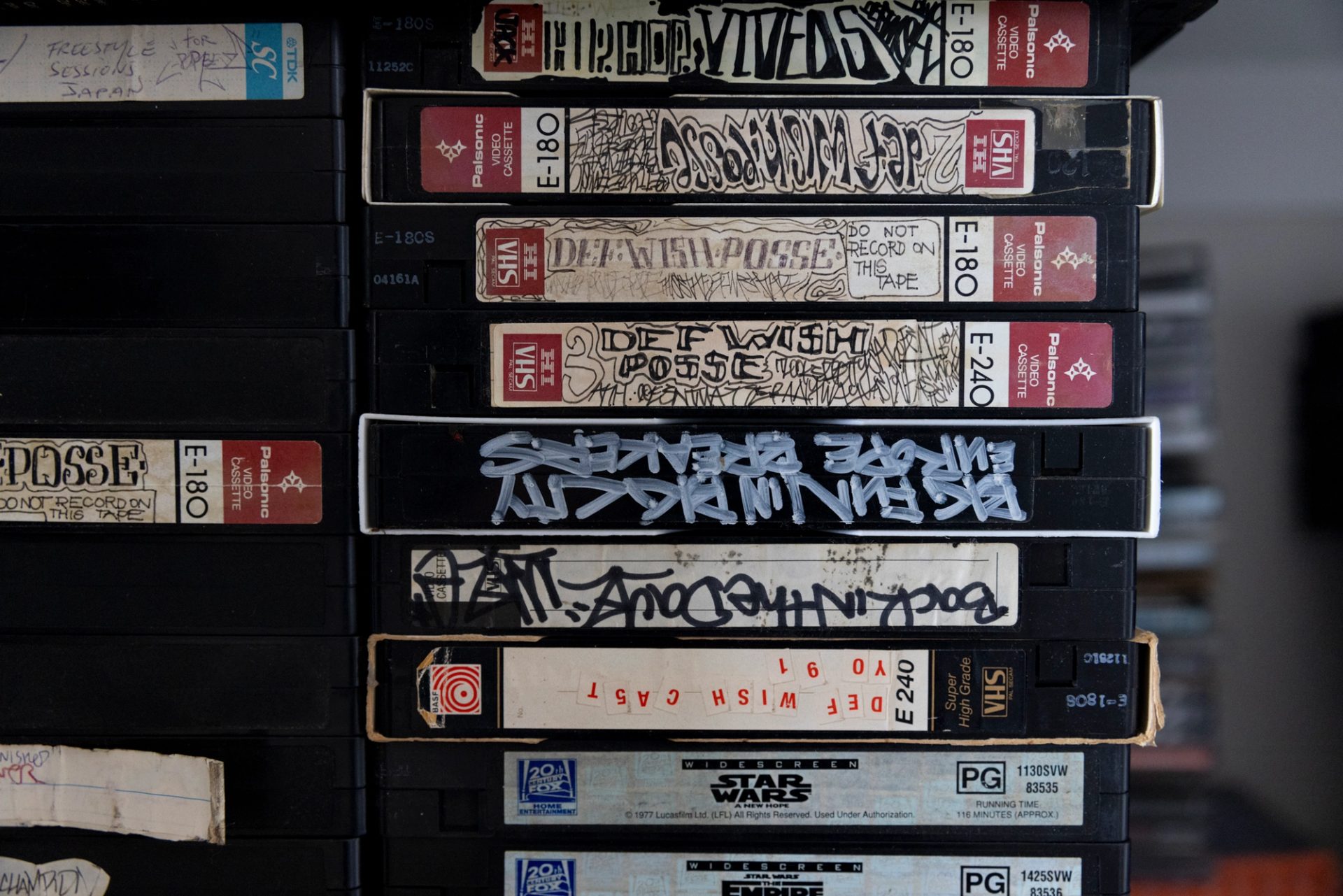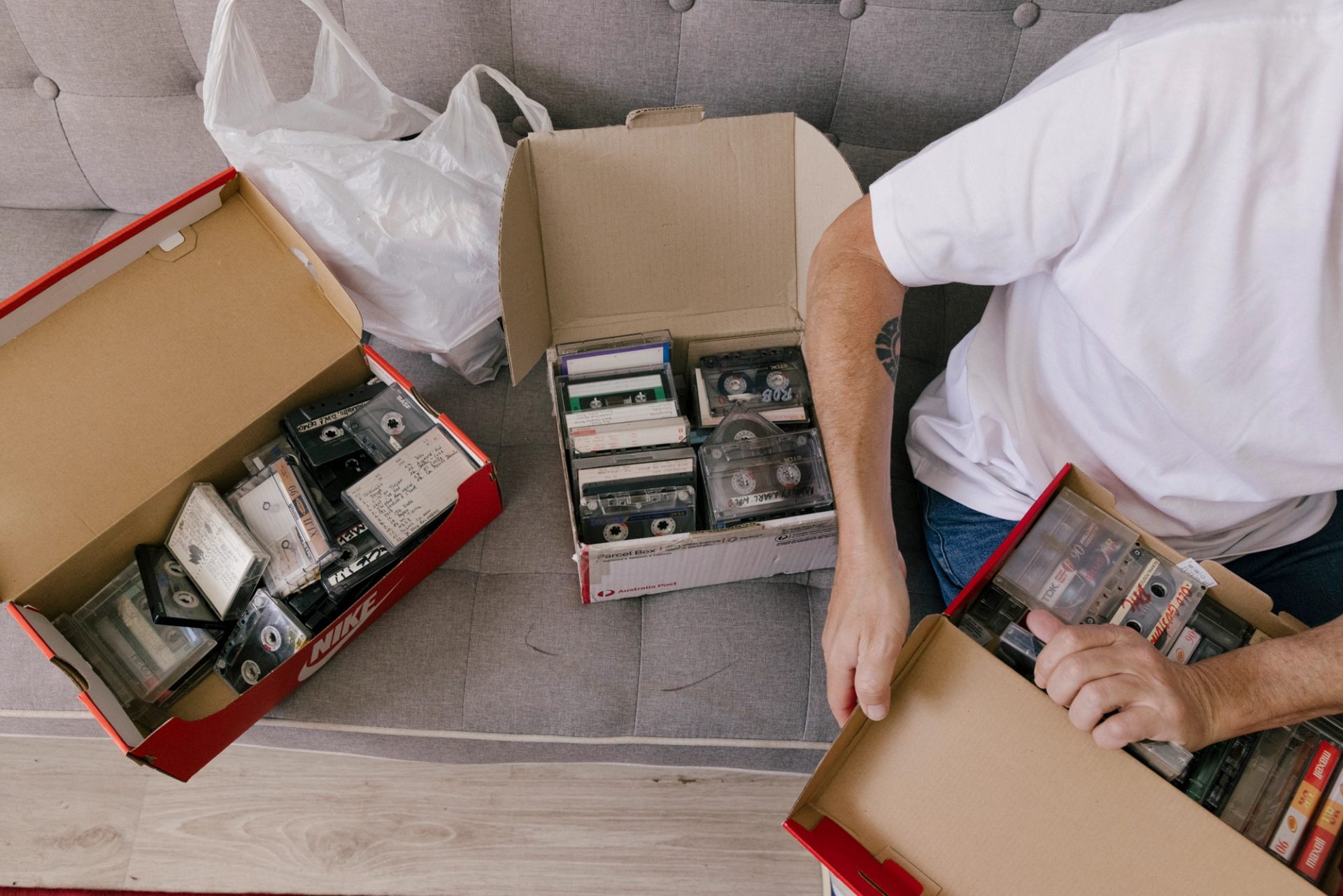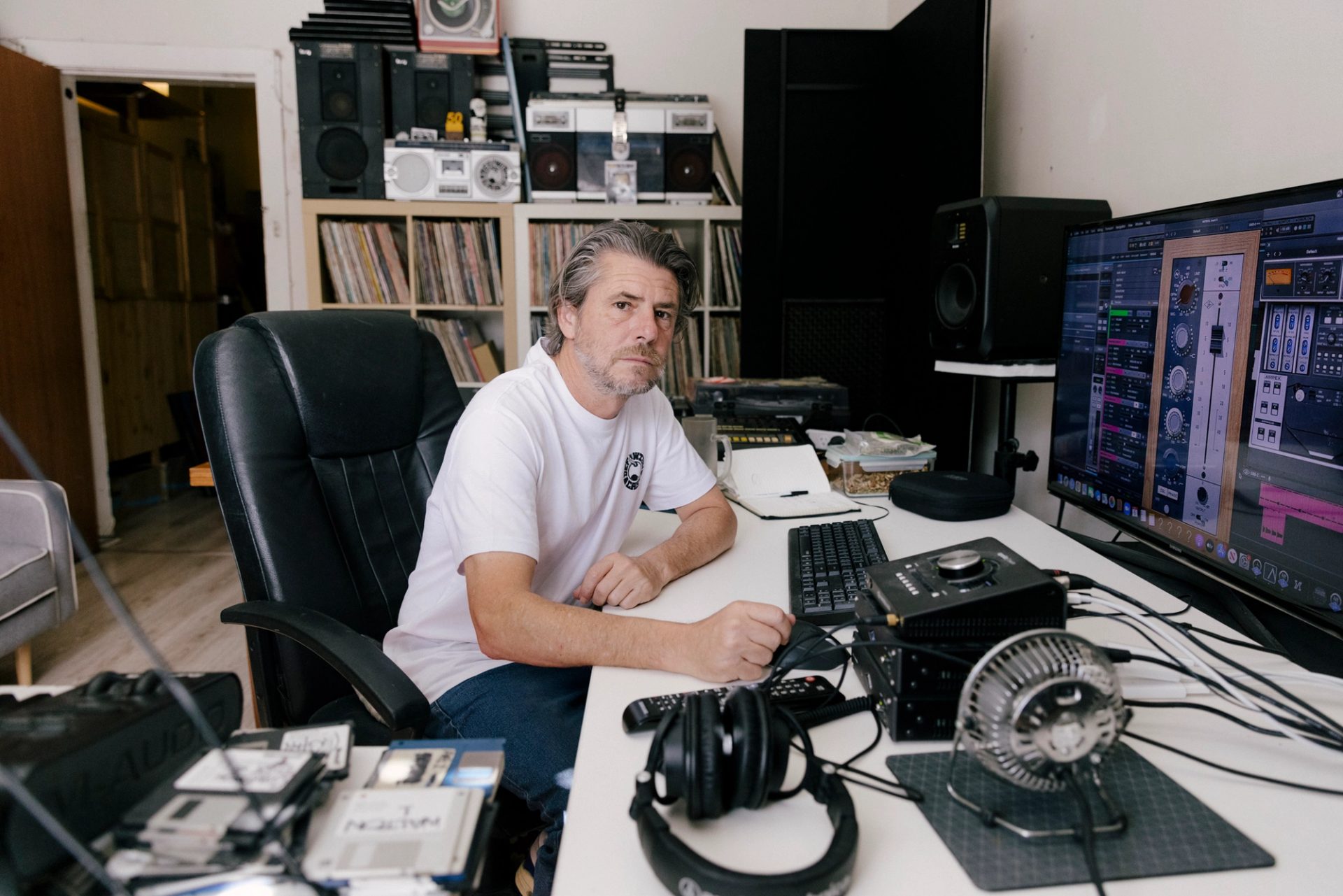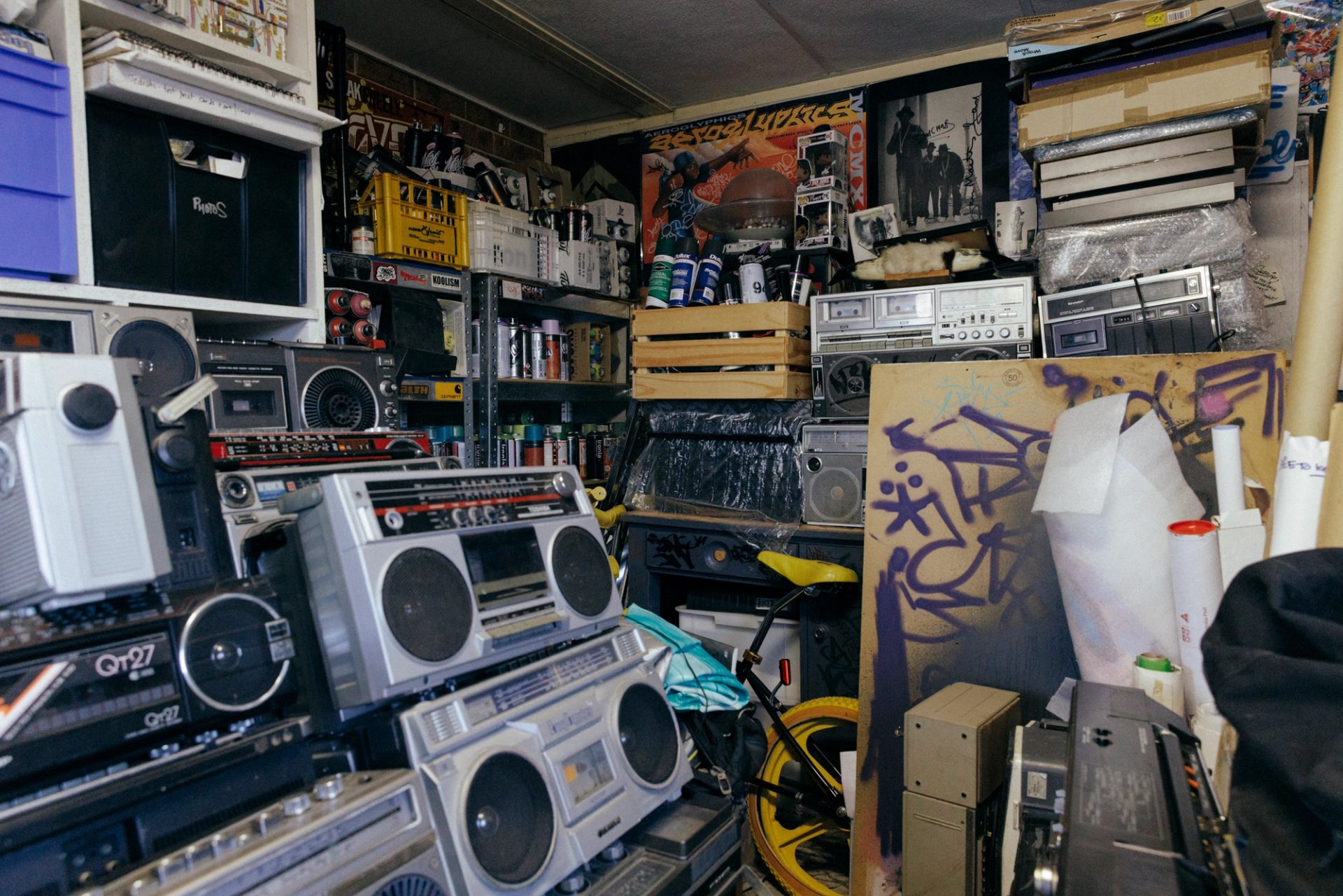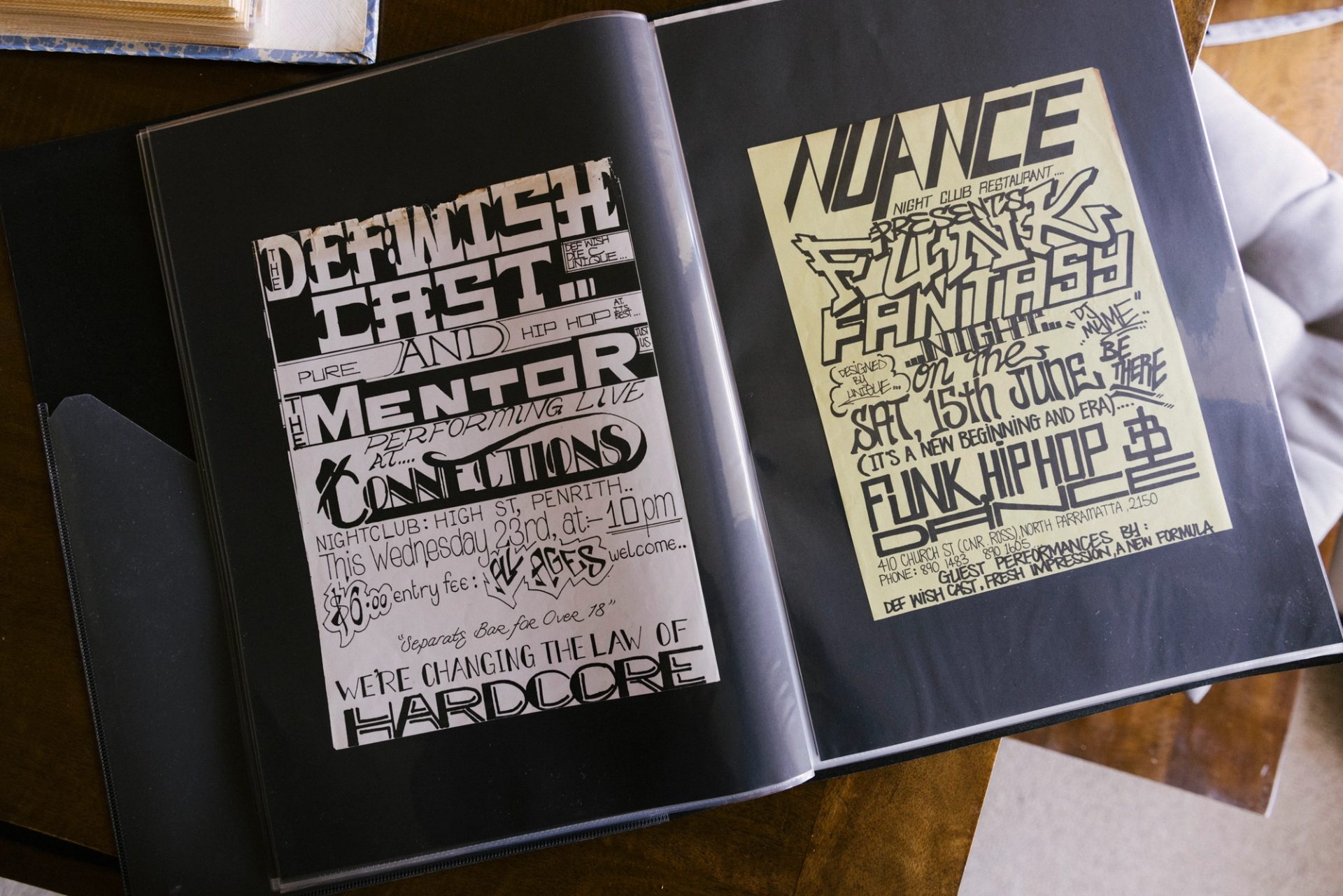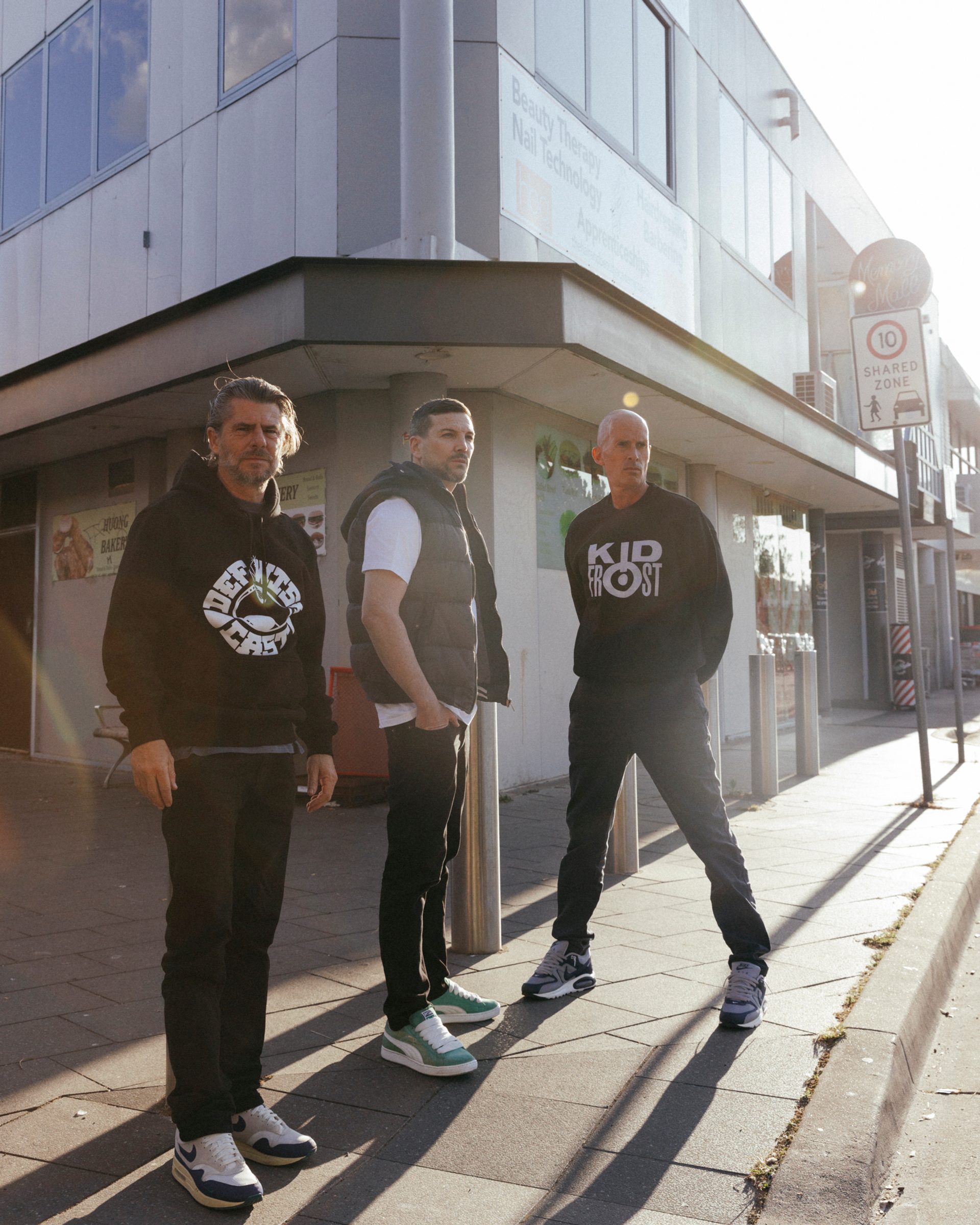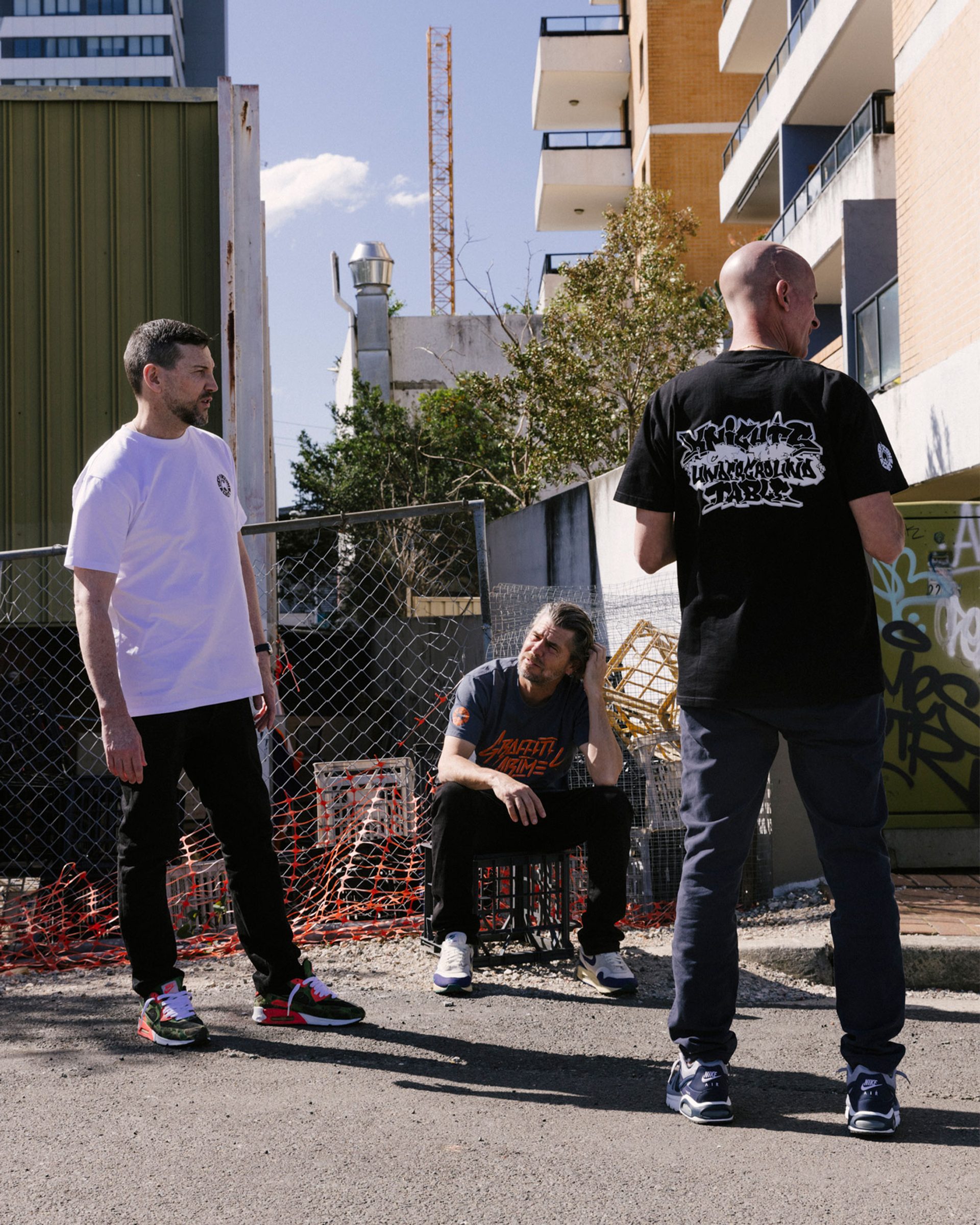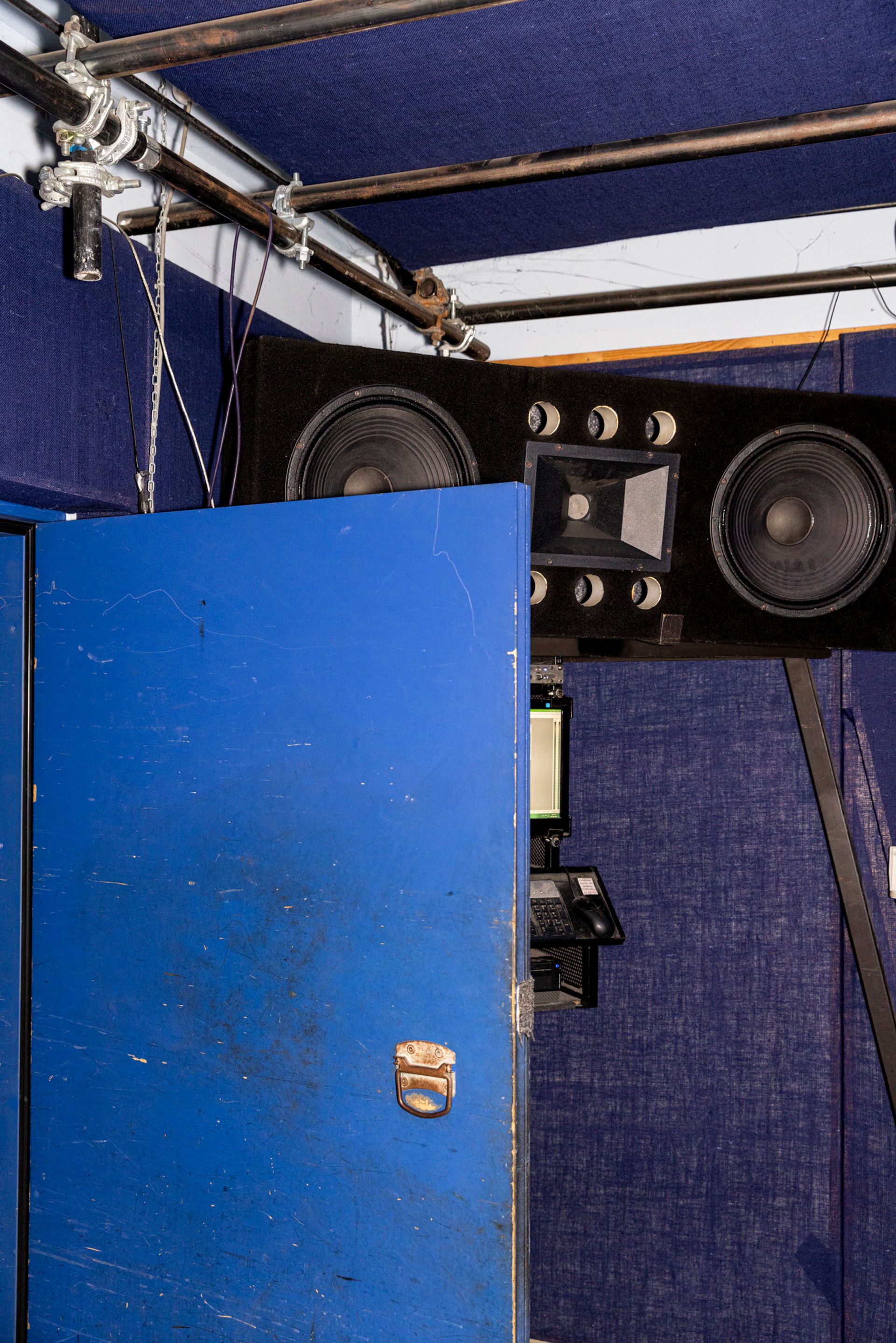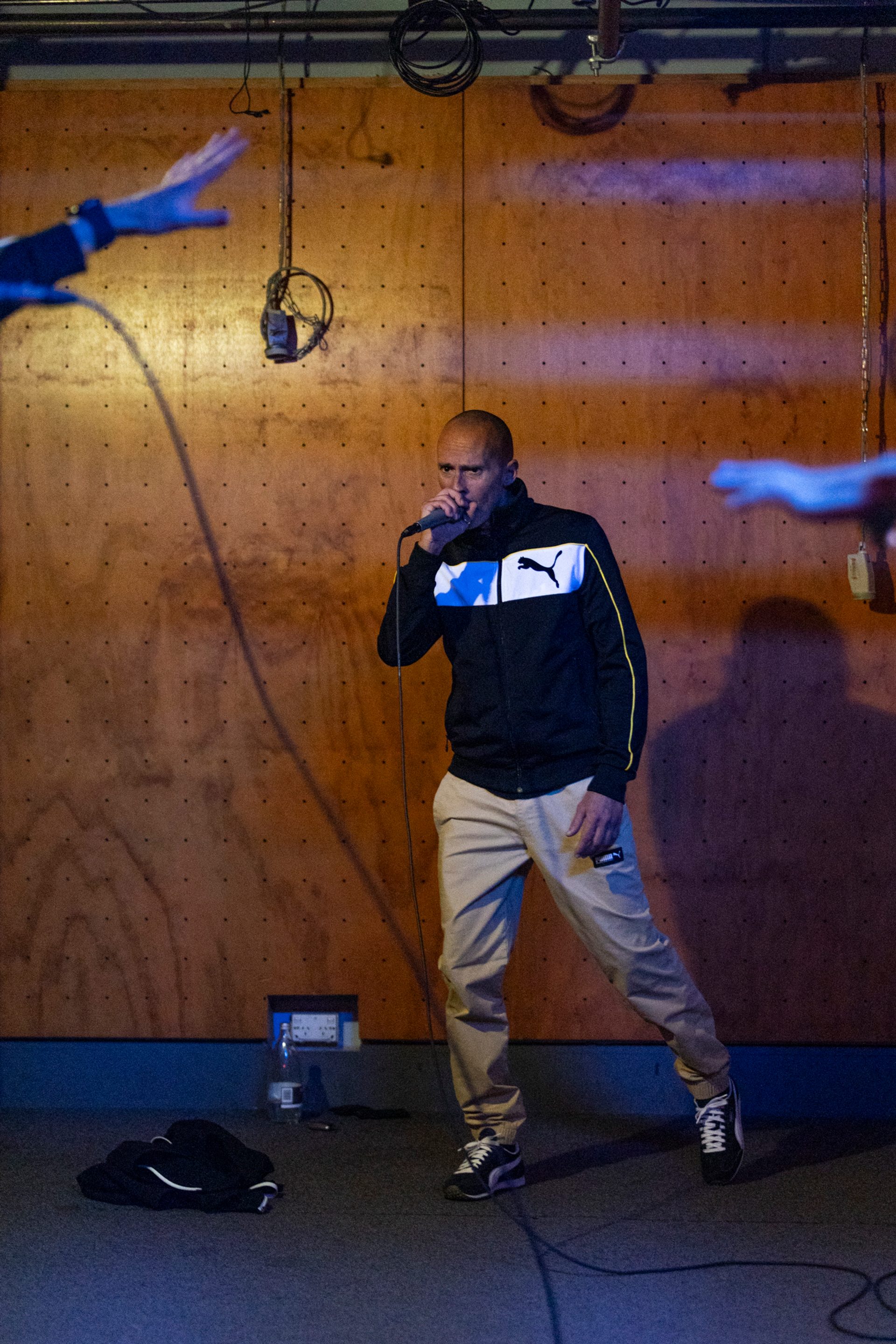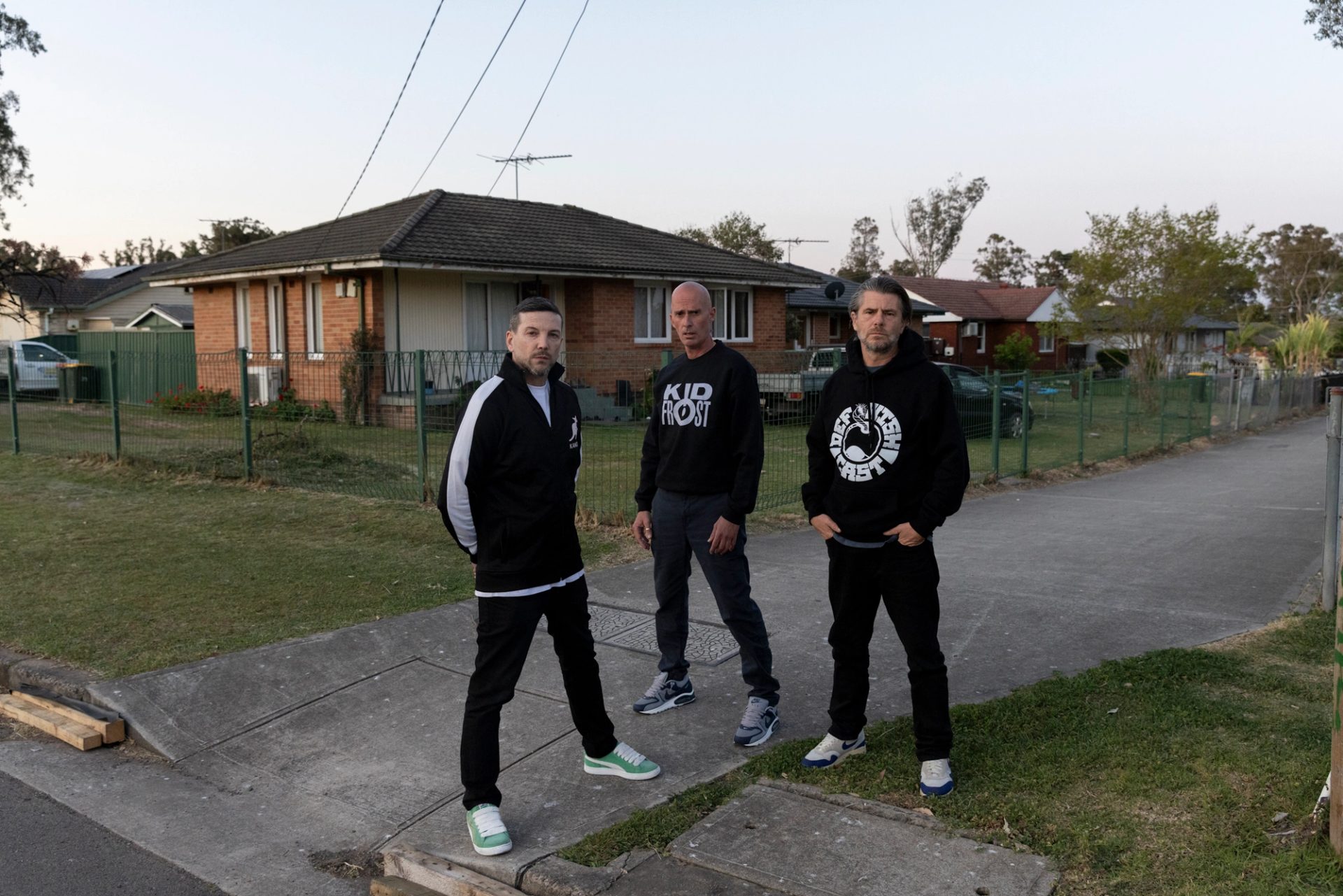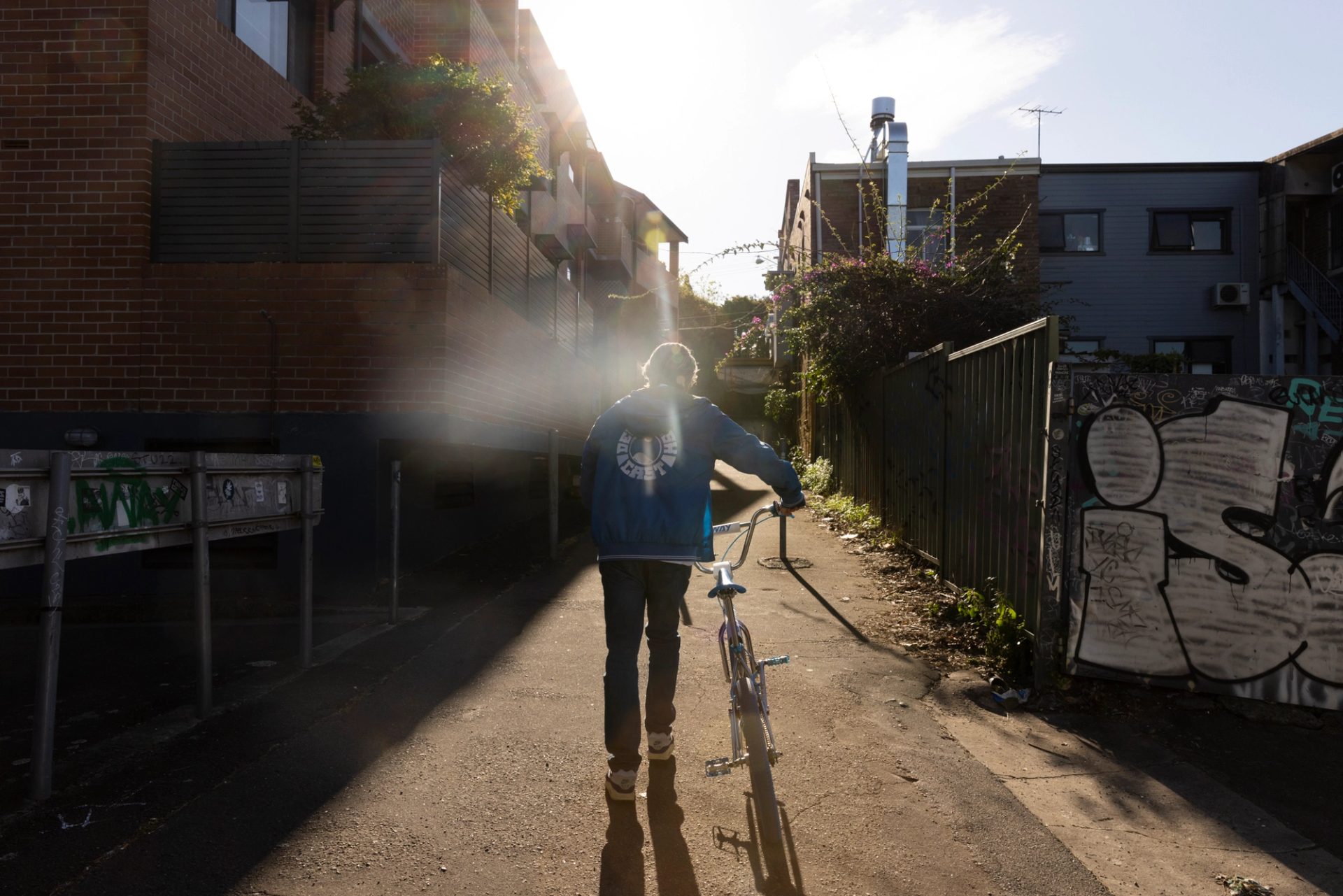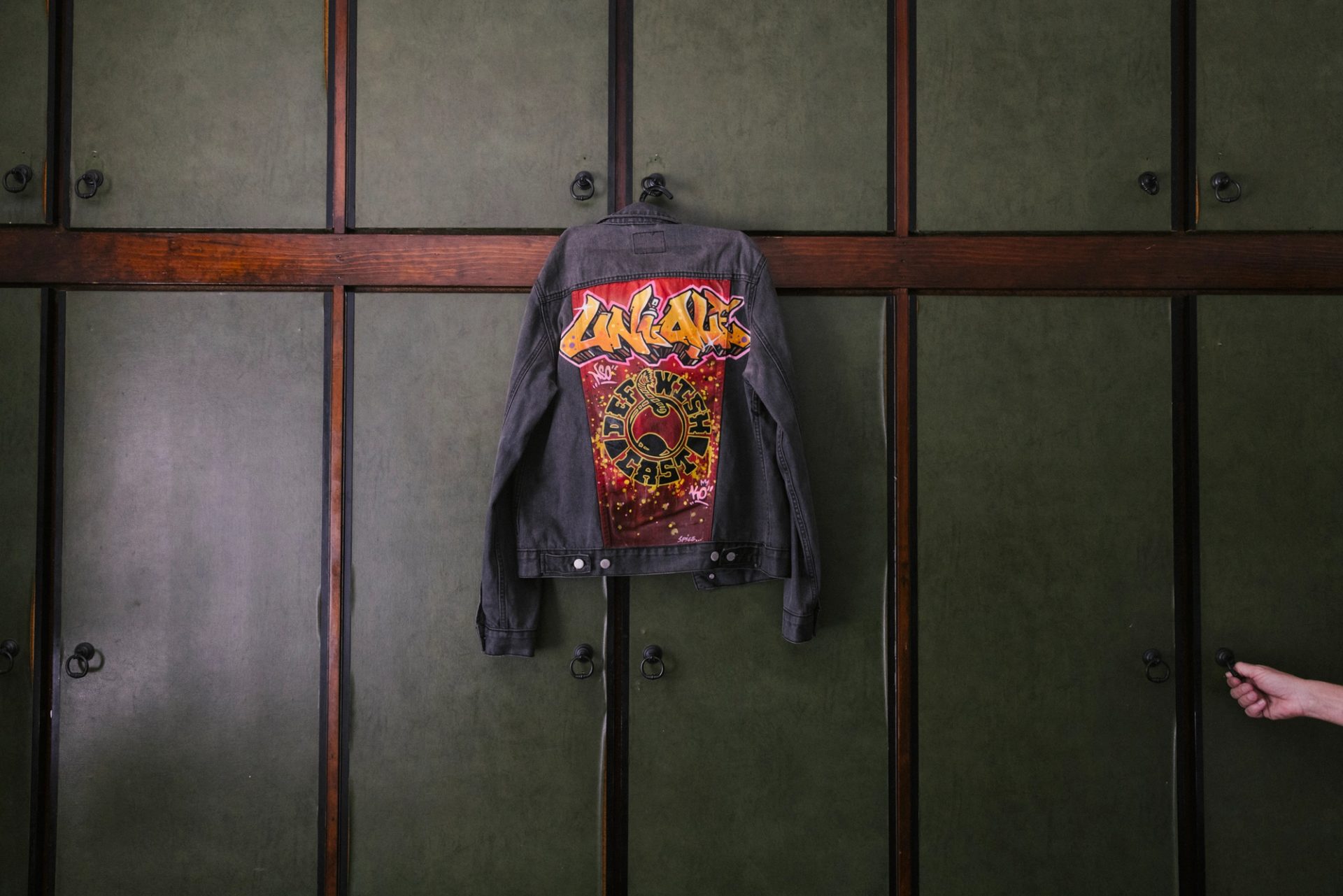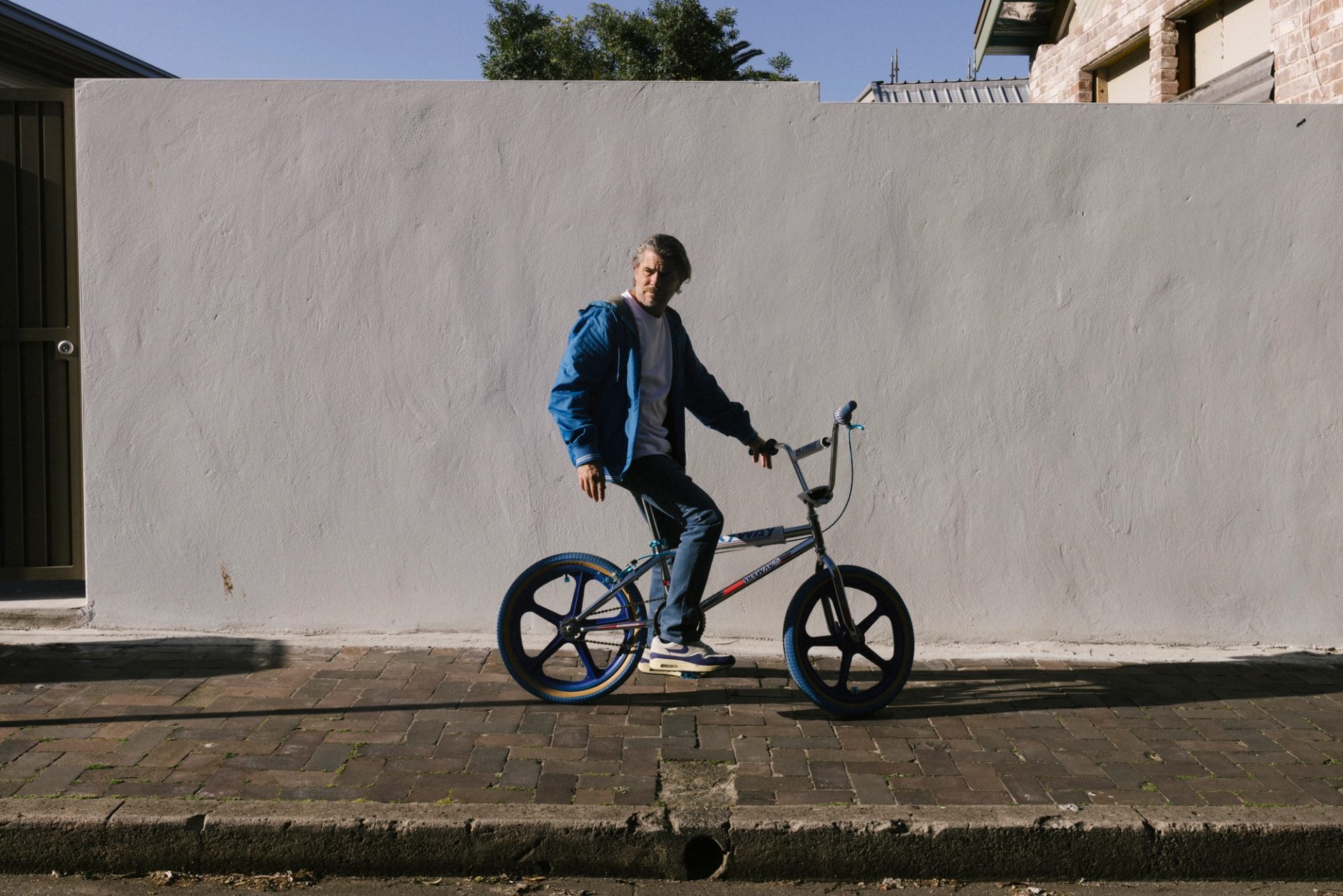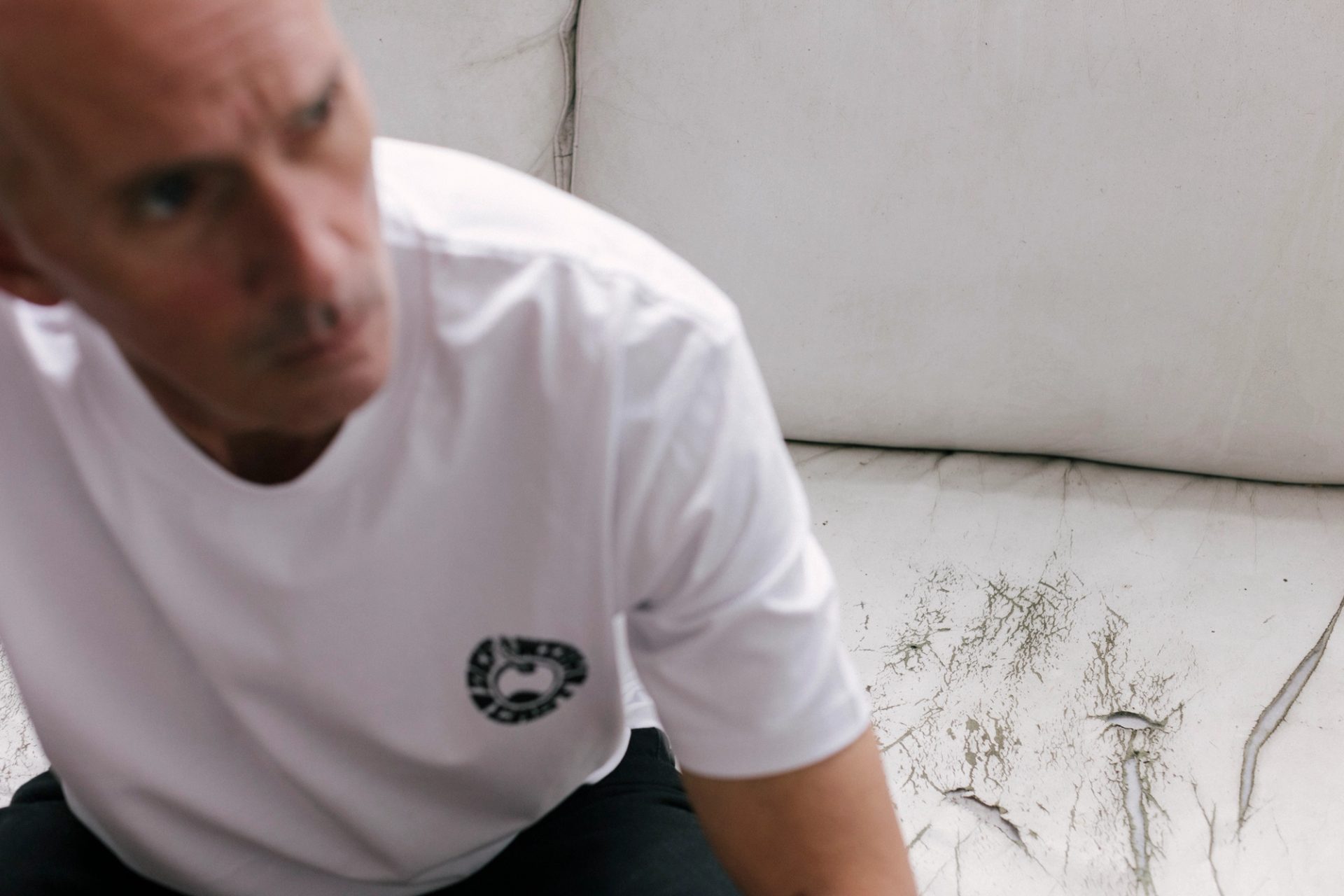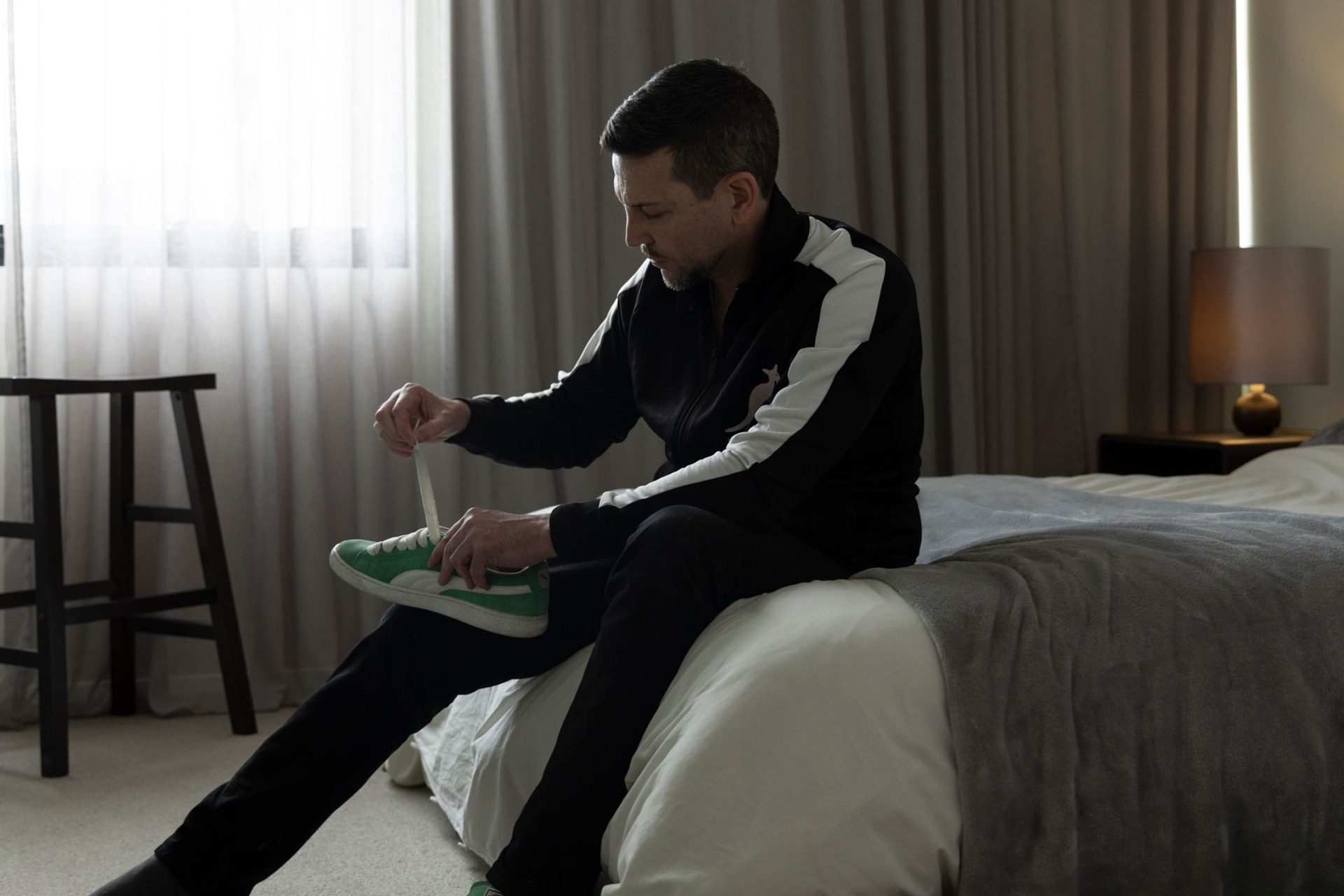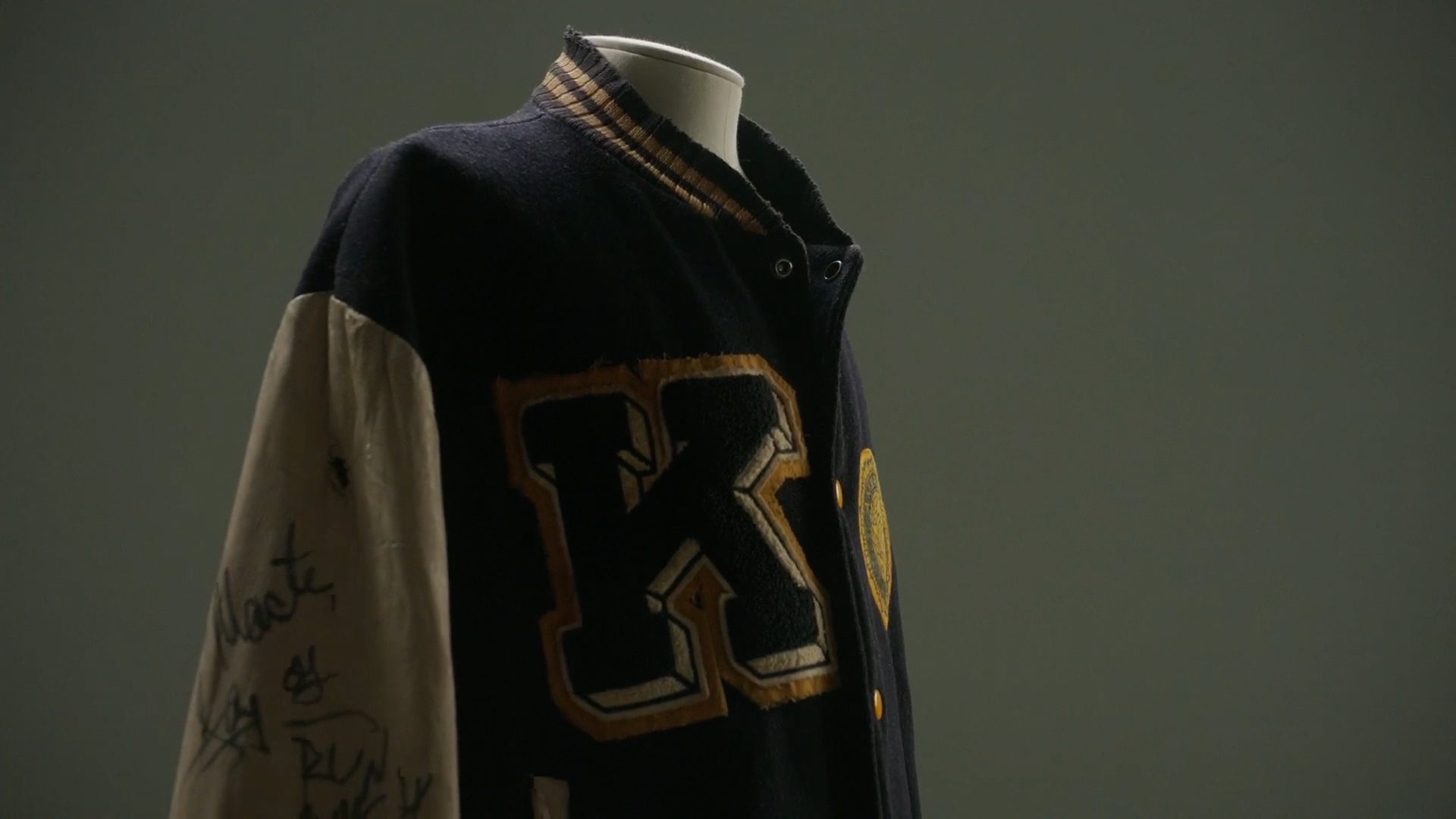Def Wish Cast

The foothills of Western Sydney came alive with the boom bap of Hip Hop four decades ago, when pioneering groups like Def Wish Cast embraced the four elements of the culture: graffiti, B-boying/B-girling, MCing and DJing.
In this interview and photo story for the Western Sydney Hip Hop Archive, DefWish, Die C and Sereck revisit some of the places and events in the area that influenced and strengthened their connections with local Hip Hop culture. Their music was crafted on analog tapes and equipment, using experimental techniques with the resources available to them. At a time before the internet, they relied on Australia Post and word of mouth to build a local and international following, laying a solid foundation for themselves and other Australian Hip Hop artists.
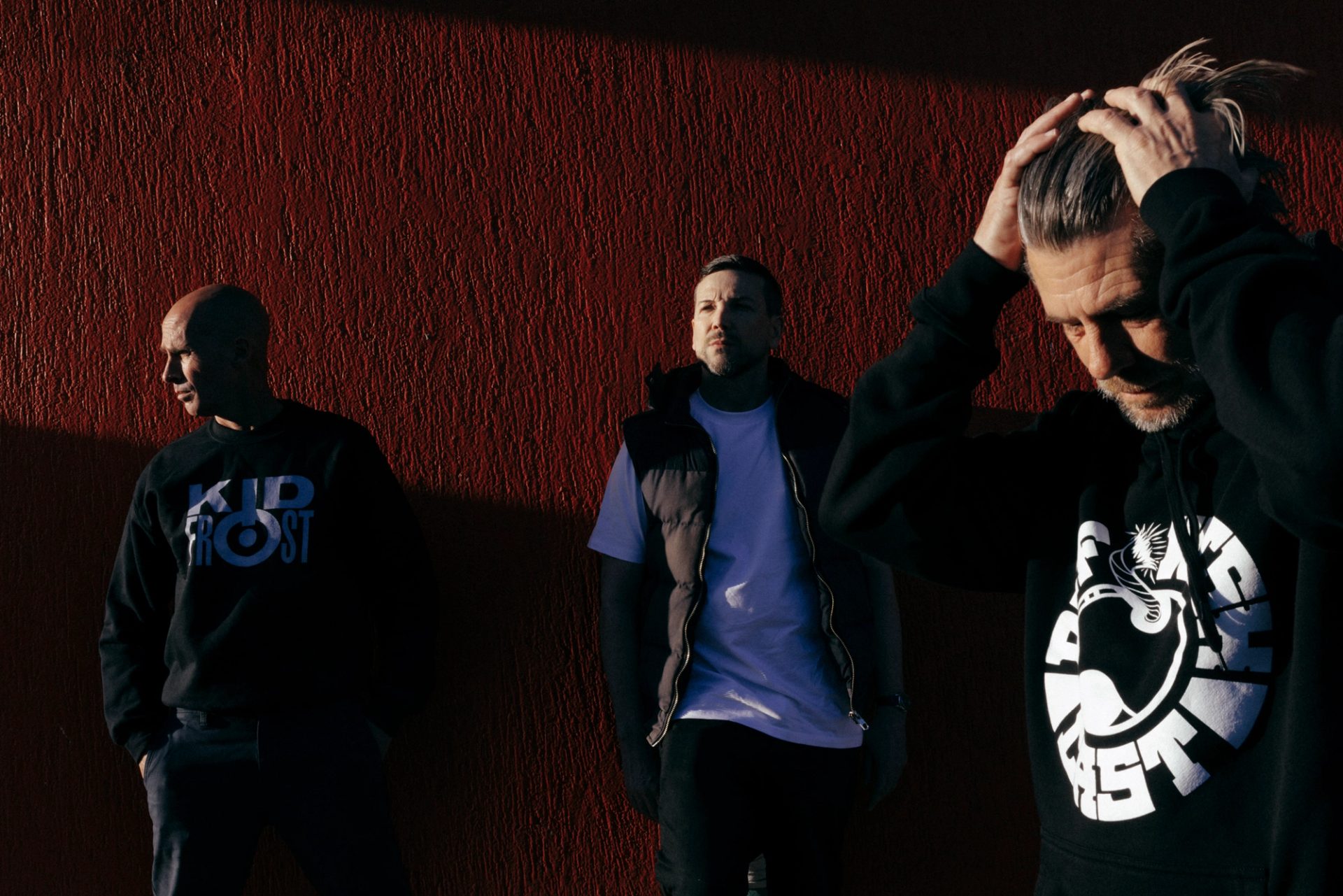
‘People were making music, you know. But to venture out there and ... [hear] the music happening in Western Sydney. So, then I came and hung and whatever. And then meeting the guys … they had a freestyle battle night and I went to see them. It was pretty much instantaneously: “I think there's a spark”. It was pre-written, I think.’
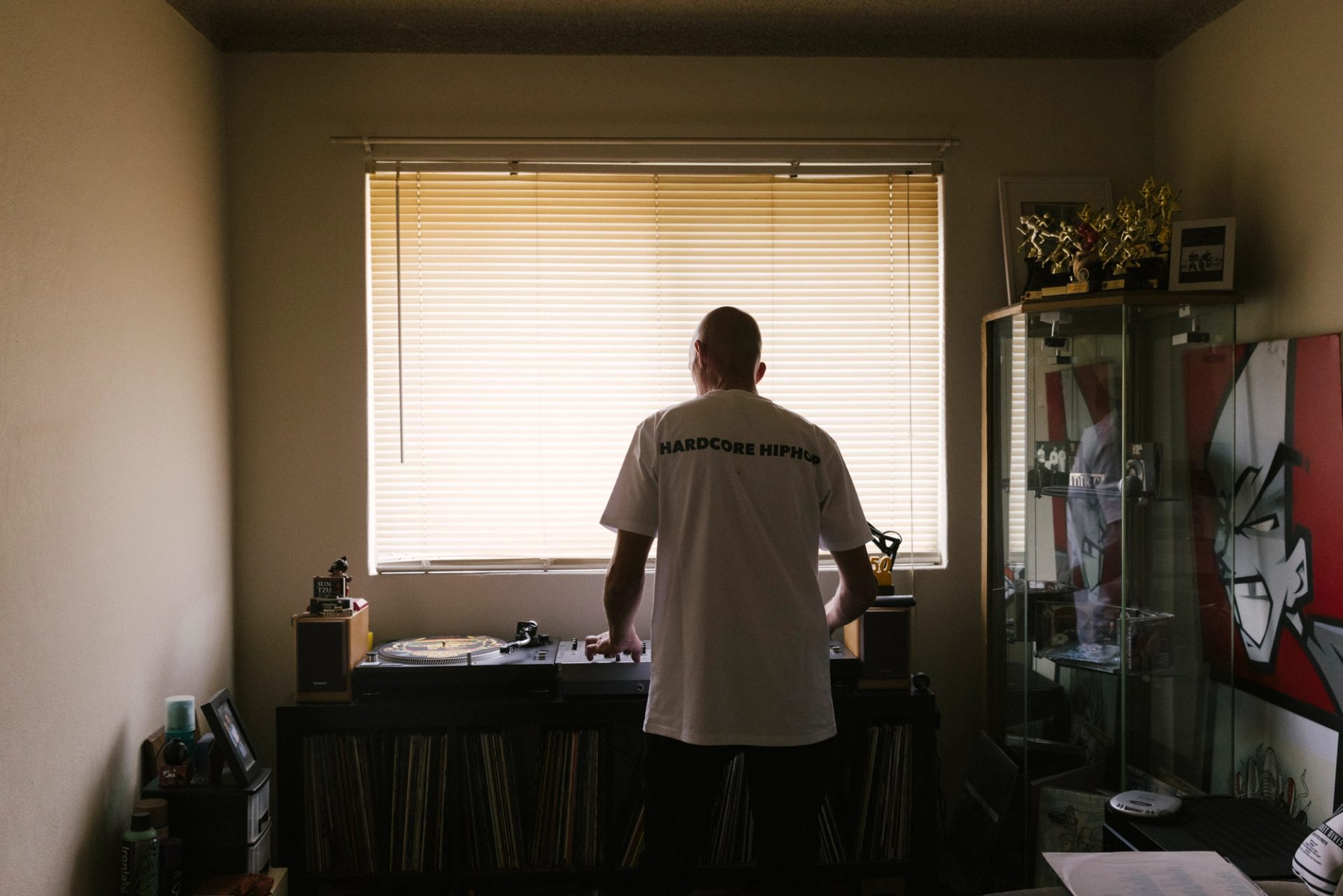
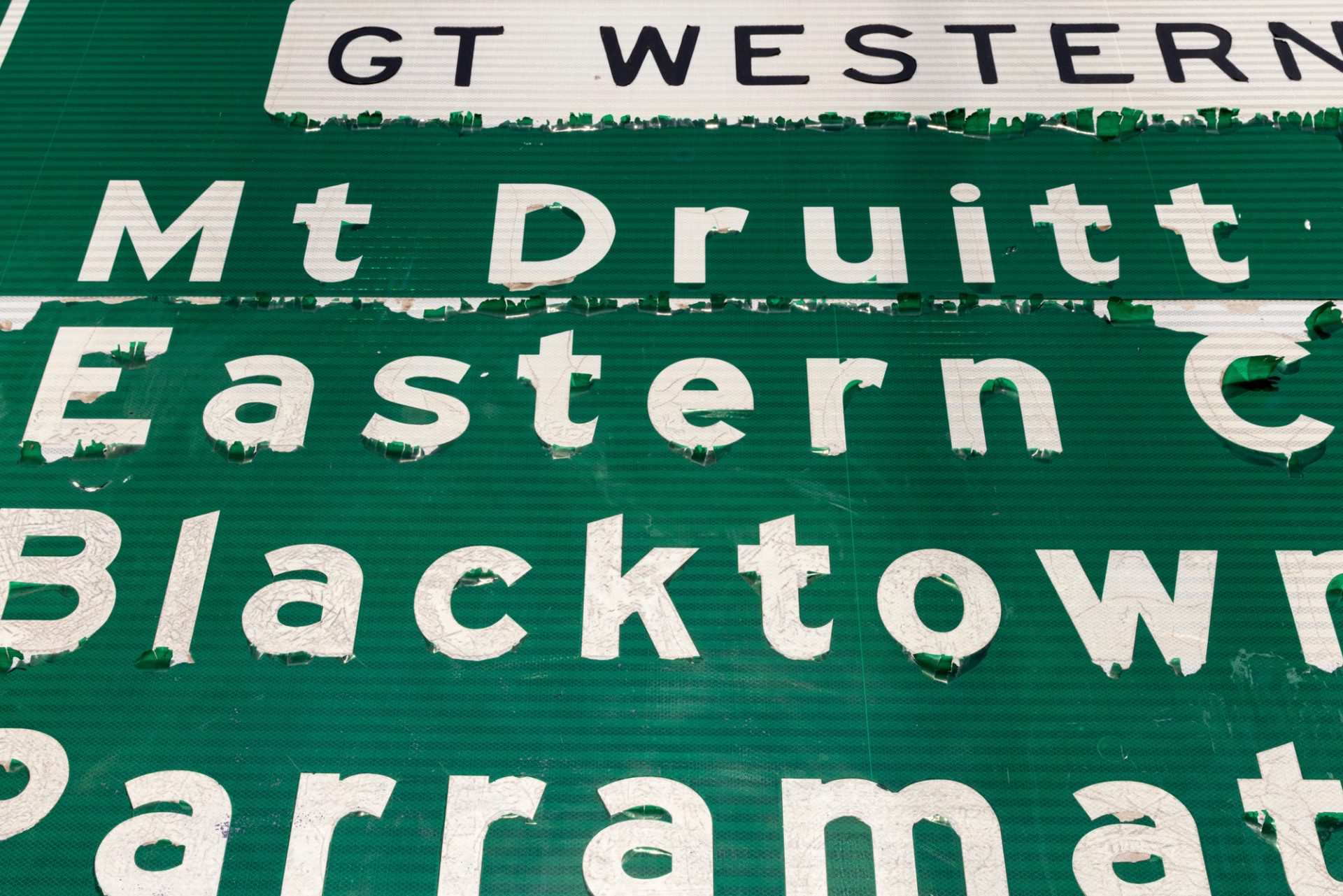
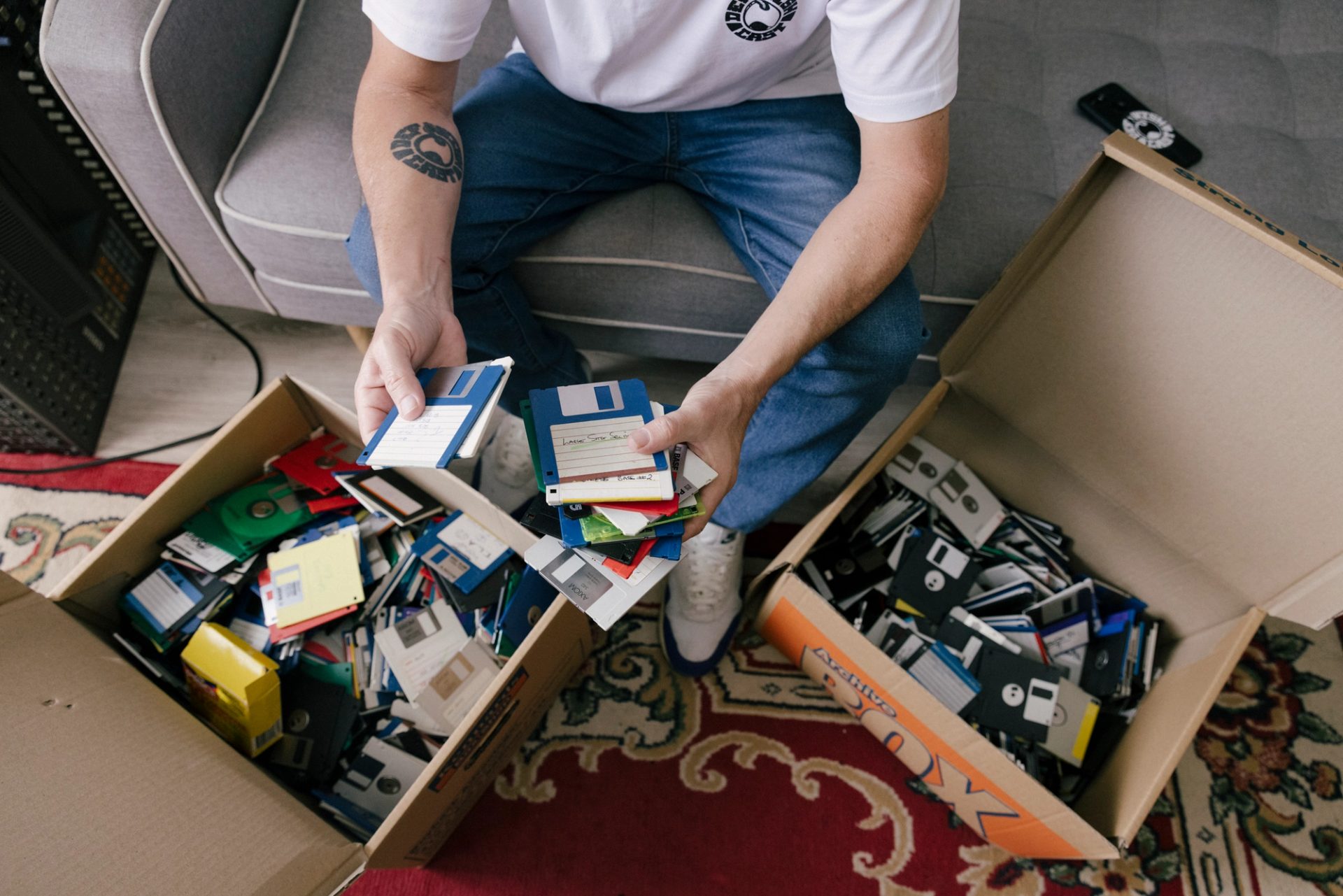
At the all-boys school Die C and DefWish attended in Penrith, sport was always a big deal — scores of alumni have played professional Rugby League, AFL and soccer — though there weren’t many Hip Hop heads there in the early 1980s.
